- Home
- About Us
- Contact Us
- Site Map
- Affiliate Disclosure
- Privacy Policy
- Terms And Conditions
- Best Drone For Beginners 2021 : Top Beginner Drones
- Best Drones 2022 For Beginners : Top Beginner Drone
- Best Drones For Under 100 Dollars That Are Top Easy To Fly
- Best Cheap Drone For Photography : Camera Drones Budget
- What Is The Best Drone For 2022 And How Fast They Go
- Best Drone In The World To Use For Your First Time
- Best Drones 2022 With Camera : Which One Is The Best Drone
- Mavic Drone : The Most Marvelous Epic Controlled Flight System
- Drone Pilot License : The Best Way To Show Off Your Flight Skill
- Sky Rider Drone: Wi-fi Quadcopter With Foldable Black Camera
- Drone For Kids : The Best Toy To Focus On STEM Technology
- Propel Drone HD Camera Quadcopter And Star Wars
- Mini Drone With Camera : What Is The Best One And Why It Is Good
- Drones Dji : The Most Popular Consumer Drone On The Market Today
- Long Range Drone : How Far Can It Go And At What Rate Of Speed
- Micro Drone : The Smallest Toy With The Biggest Flight Fun
- Flying Spinner Mini Drone : The Best Flying Machine For Home Use
- Drones That Follow You : Is This An Invasion of Privacy or Not ?
- Drone Vivitar : A Magnificent Piece Of Equipment To Learn To Fly
- Drone Repair Near Me : Where Can I Find Reliable Parts And Stuff
- Drone Photography Near Me That Can Capture The Scenic View
- Drone Quadcopter : The Best Aerial Fly Machine That You Can Own
- Drone Light Show : A Spectacular Array Of Lights, Camera, Action
- Drone Holy Stone : The Most Quality Flying Device Anyone Can Use
- Sky Quad Drone Reviews Is It A Scam Or Legit Revealed
- Drone Fishing : When A Man Has A Rod, Boat, And Nothing But Time
- Faa Drone Registration : Feel Free To Fly But Follow The Rules
- Remote Control Drone : RC Drones With Fpv Controllers
- Hand Controlled Drone : Guiding Your Flight At Your Finger Tips
- Best Video Drones For Beginners | Features A Beginner Drone
- The Best Drone To Buy : Drones 2023 For Beginners
- Dgi Drone
- Best Drone For Night Photography
- Best Drone For The Money
- Best Drone For Teenager
- Best Drone For Under 200
- Best Drone For Under 500
- Best Drone For Video
- Best Drone In The Market
- Best Drone Under 1000
- Best Drones For Travel
- Bird Drone
- Black Hornet Drone
- Deerc Drone
- DJI Drones For Sale
- Best Beginner Drone With Camera : Are You New To Flying
- Best Beginner Drone For Me And How Much Will It Cost
- Battery For A Drone : Benefits, Advantages, And Features
- Best Camera Drone For Professional And Entertainment Purposes
- Best Cheap Drone In The Market That Will Not Cost An Arm and Leg
- Dji Fpv Drone
- Dji Mavic 3 Drone
- Drone Dj
- Best Drone Camera For First Time Users And Experienced Users
- What Are The Best Drones For Video Drone Camera
- Home
- Sharper Image Drone
- Best Beginner Drone For Me And How Much Will It Cost
Potensic ATOM 3-Axis Gimbal 4K GPS Drone, Under 249g, 96 Mins Flight, Max 6KM Transmission
Best Beginner Drone For Me And How Much Will It Cost
The best beginner drone for you will depend on your specific needs and preferences. Here are a few factors to consider when choosing a beginner drone:
- Price: Beginner drones can range from less than $50 to over $500. Consider how much you are willing to spend on a drone.
- Features: Look for a drone with basic features that suit your needs. Some features to consider include camera quality, flight time, and range.
- Ease of use: As a beginner, you want a that is easy to fly and control. Look for a drone with an intuitive remote control and simple flight modes.
- Durability: Beginner drones are more likely to crash. Consider a with a durable build that can withstand crashes.
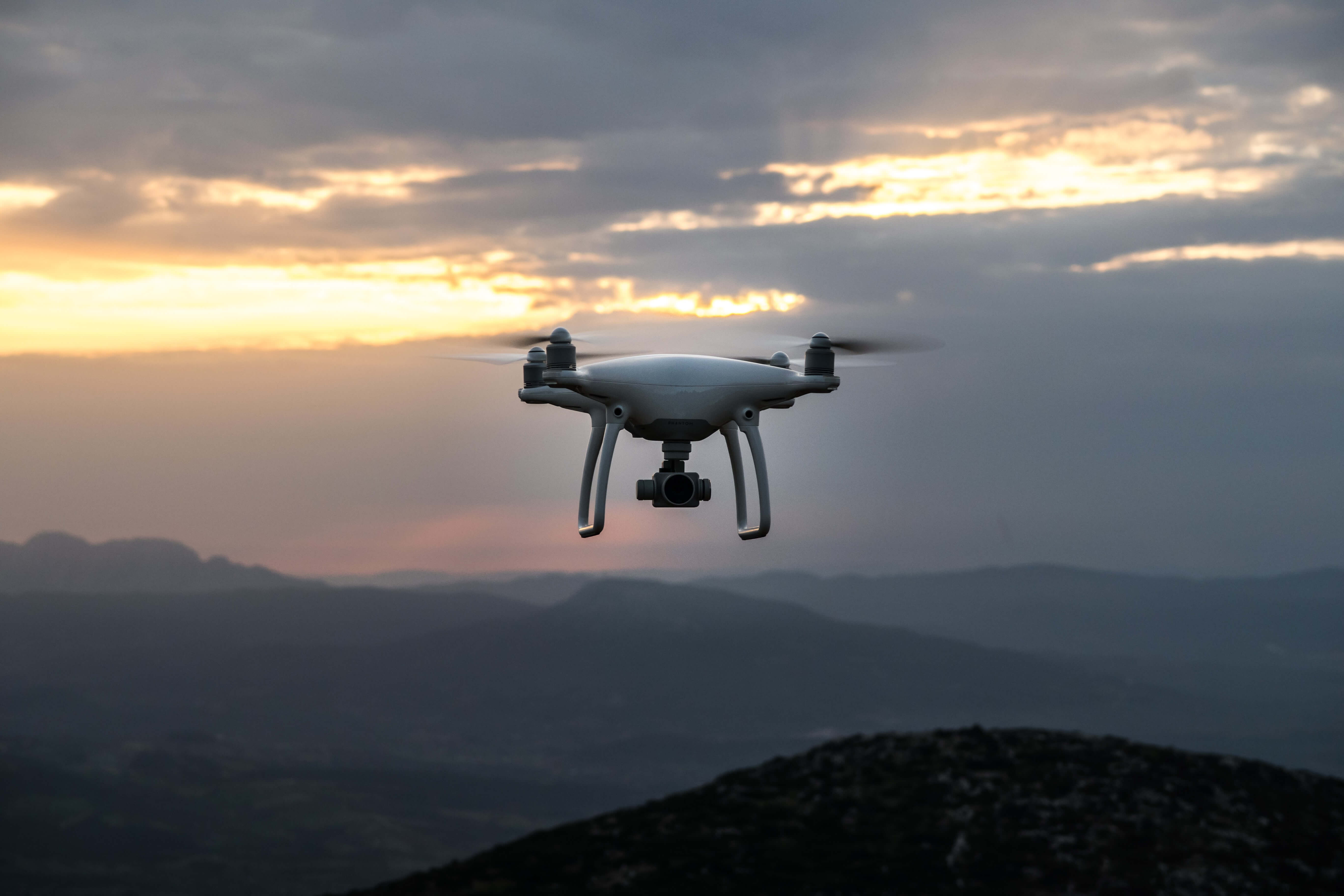
Based on these factors, some popular beginner drones include the DJI Mavic Mini, the Holy Stone HS720E, and the Ryze Tello. These drones offer good value for their price, have basic features for beginners, and are easy to use.
How Much Should A Beginner Spend On A Drone ?
As a beginner, you can find good quality for a wide range of prices. The amount you should spend on a beginner drone depends on several factors, such as your budget and what you want to use the drone for.
If you are just starting out and want to get a basic for recreational purposes, you can find some models for less than $50. However, these may not have as many features or be as durable as more expensive models.
For a beginner who wants a drone with better quality and more advanced features, a price range of $200-$500 is a good starting point. At this price range, you can find that have high-quality cameras, longer flight times, and more advanced flight modes.
Ultimately, the amount you spend on a beginner drone should be based on your personal budget and what you want to use the drone for. Keep in mind that more expensive drones may offer better quality and features, but they also come with a higher price tag.
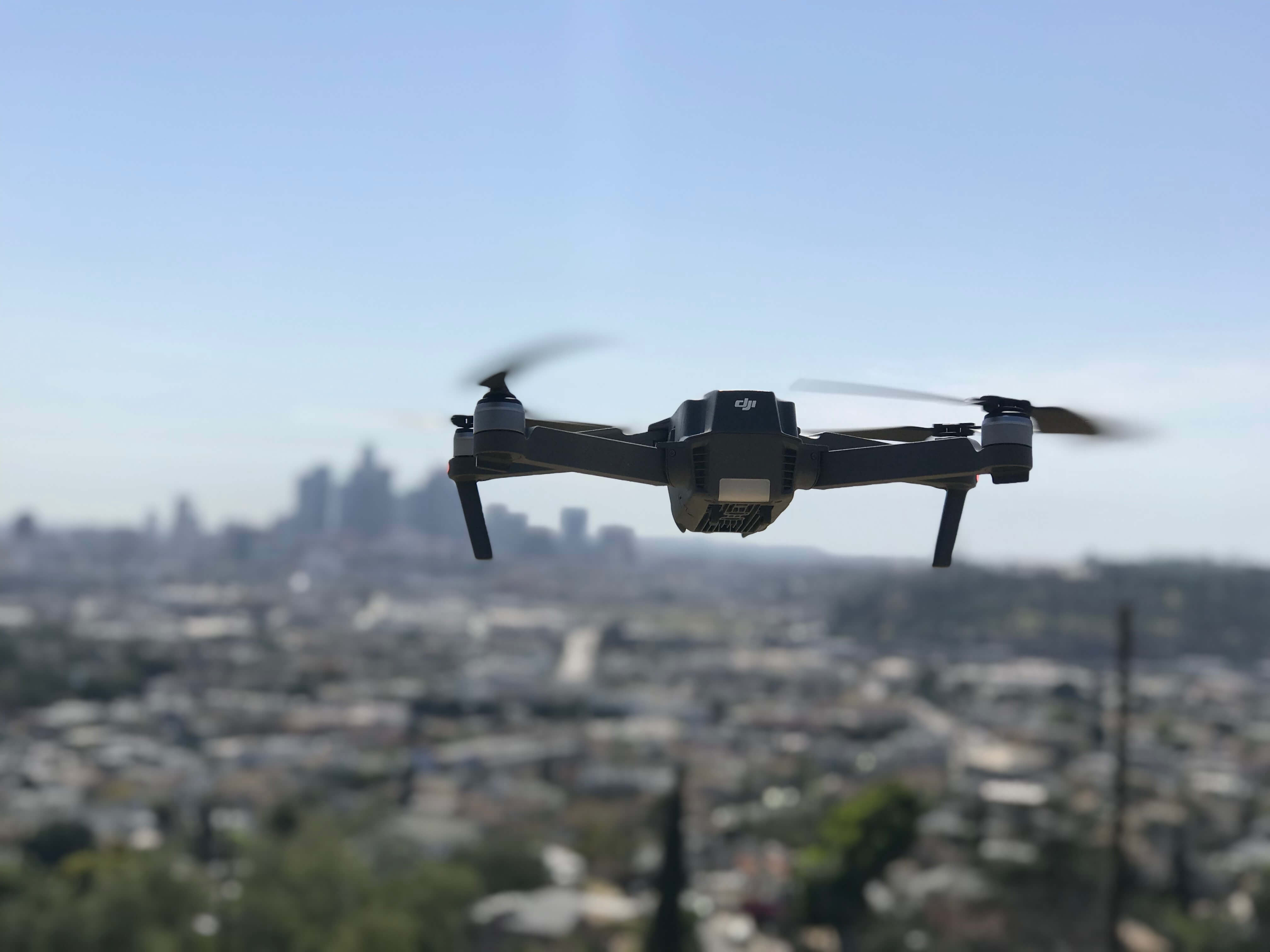
Best Drones For Beginners : What Is The Best Drone For 12 Year Old ?
When it comes to finding the best drone for a 12-year-old, safety and ease of use are key factors to consider. It's important to choose a drone that is age-appropriate, easy to control, and has safety features to prevent accidents. Here are some of the best drones for 12-year-olds:
- DJI Mini 2: This is a great option for a 12-year-old who is interested in aerial photography and videography. It has a high-quality camera, long battery life, and a range of up to 10 km. It's also very lightweight and easy to control, with features like GPS and obstacle avoidance.
- Holy Stone HS100D: This is a great drone for beginners. It has a built-in camera and a range of up to 500 meters. It's also equipped with GPS, altitude hold, and one-key return, which makes it easy to control and fly safely.
- Potensic T18: This is a great starter for kids. It has a range of up to 300 meters and comes with a 1080P HD camera. It also has a range of safety features, including altitude hold and emergency stop, to prevent accidents.
Overall, the best drone for a 12-year-old will depend on their interests, skill level, and personal preferences. It's important to choose a drone that is easy to control and has safety features to prevent accidents.
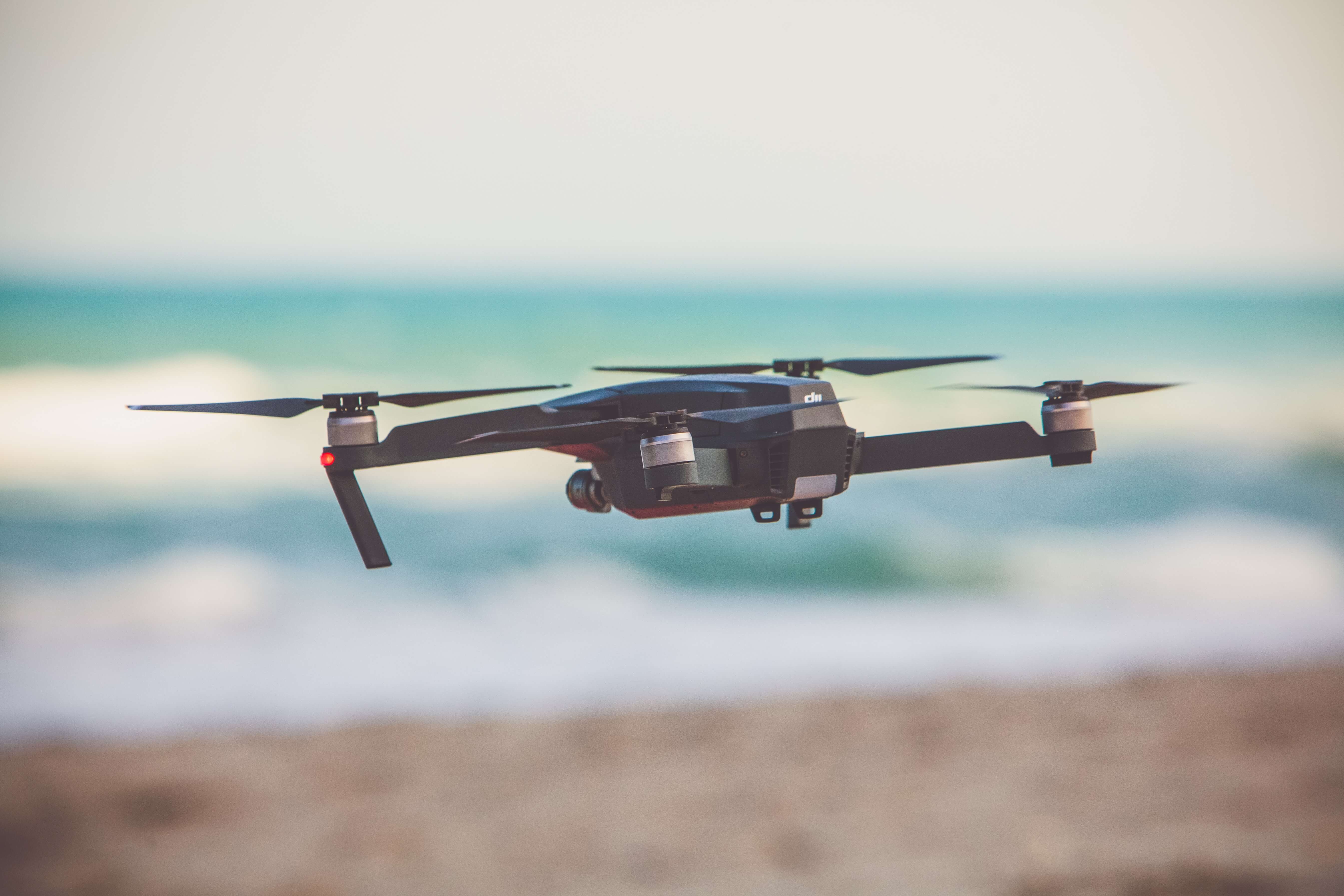
What Is The Best Drone Without FAA Registration ?
In the United States, drones that weigh more than 0.55 pounds (or 250 grams) must be registered with the Federal Aviation Administration (FAA). However, there are some drones that are lightweight enough to fall below this weight limit and do not require registration. Here are some of the best drones that do not require FAA registration:
- DJI Mini 2: This is one of the devices in its class and weighs just 249 grams, making it a great choice for those who want to avoid FAA registration. Despite its small size, it has an impressive 4K camera, 3-axis gimbal, and a range of up to 10 km.
- Ryze Tello: This is a budget-friendly drone that weighs just 80 grams and does not require FAA registration. It's easy to fly and has a 720P HD camera, making it a great option for beginners.
- Hubsan H107D: This is another lightweight drone that weighs just 50 grams and does not require FAA registration. It has a built-in camera, altitude hold, and a range of up to 100 meters.
It's important to note that regulations for drones may vary by country, so it's always best to check with your local aviation authority for specific rules and regulations.
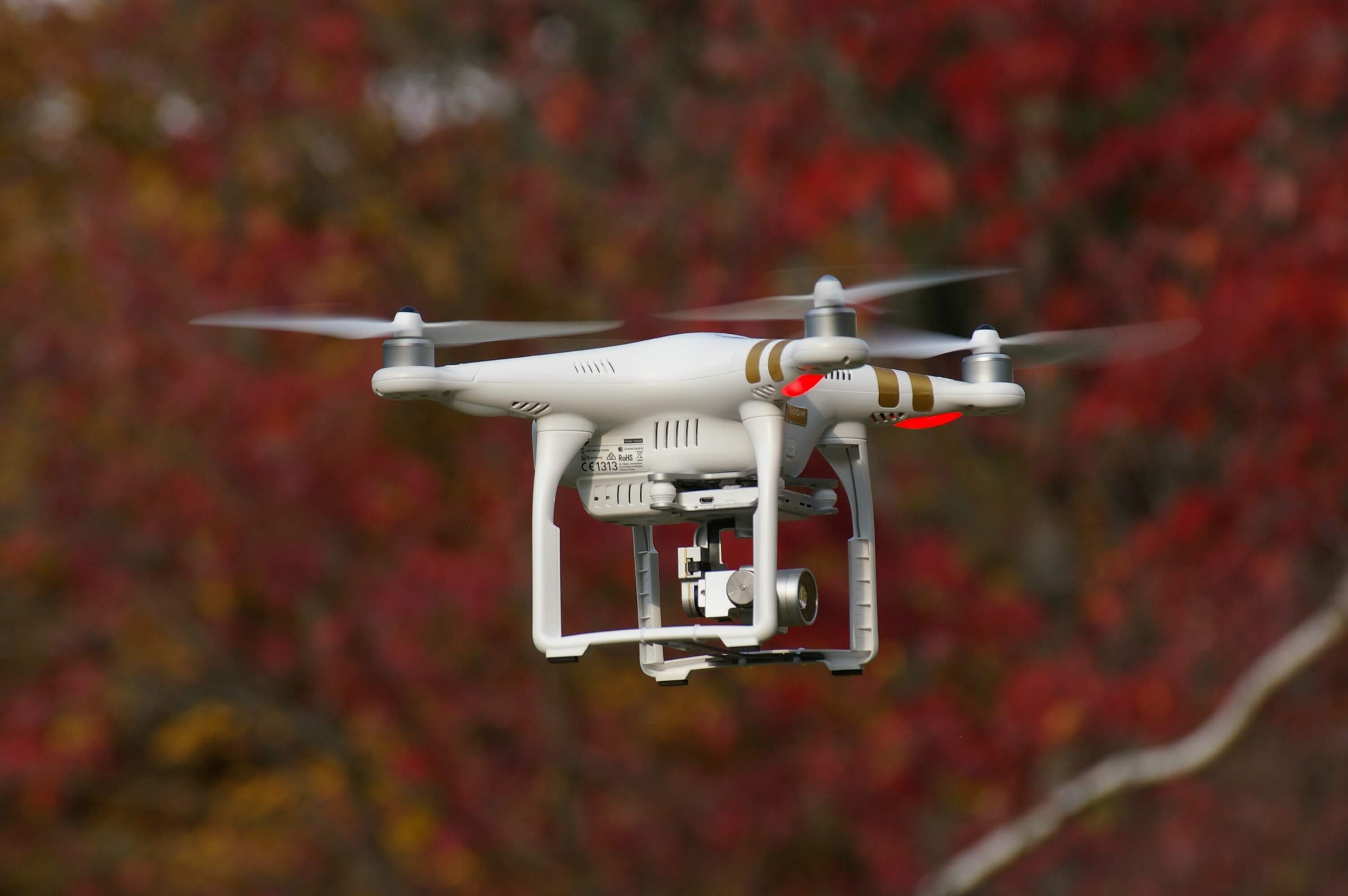
What Is A Hobby Grade Drone ?
A hobby-grade drone is a type of drone that is designed and built for recreational use and is typically more advanced than toy-grade drones. Hobby-grade drones are often used for aerial photography and videography, racing, or other types of aerial activities that require more advanced features and capabilities.
Hobby-grade drones are typically built with higher quality materials and components, such as carbon fiber frames, brushless motors, and more advanced flight controllers. They also offer more advanced features, such as GPS navigation, obstacle avoidance, and automated flight modes, which allow pilots to perform more complex maneuvers and capture more advanced aerial footage.
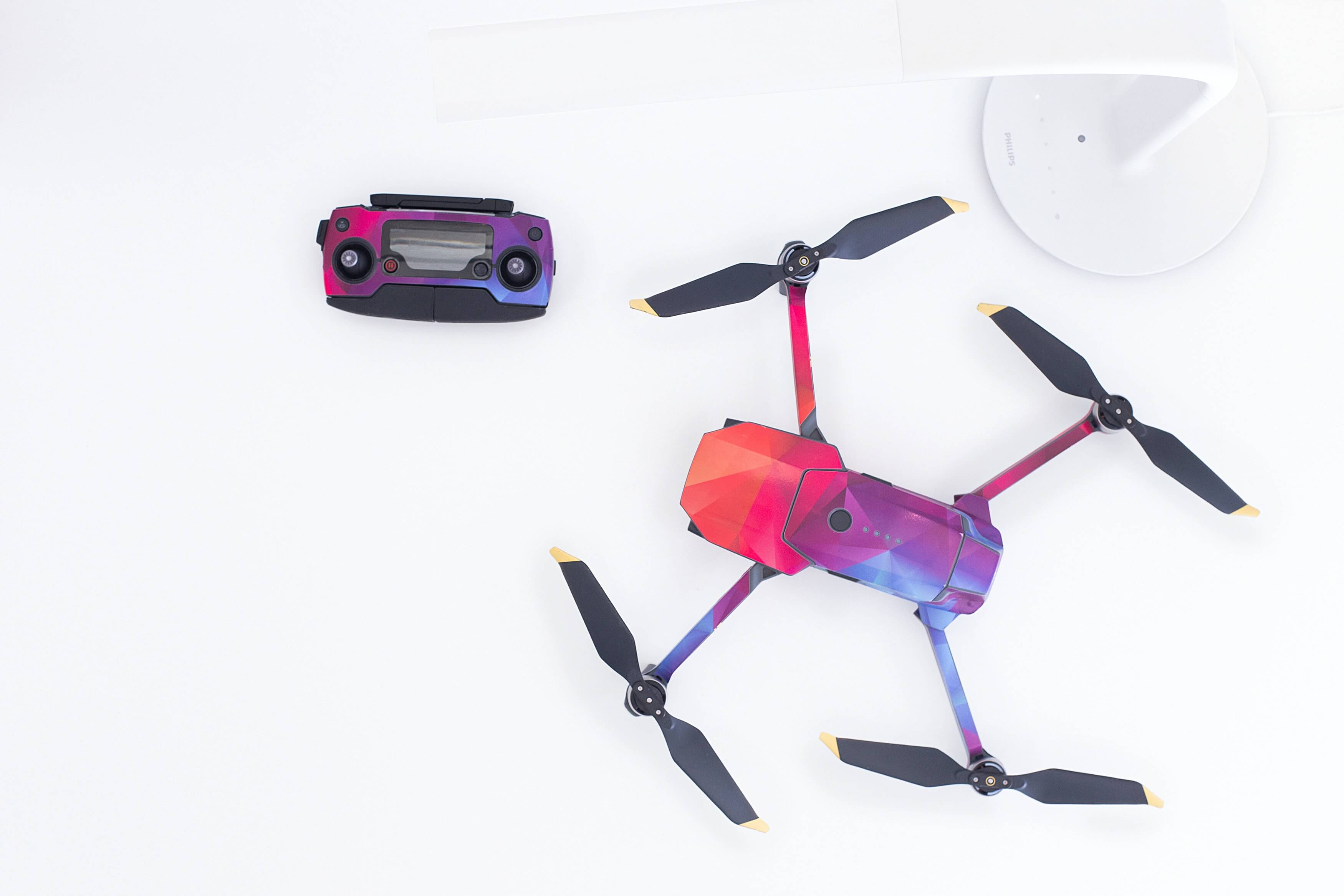
How We Test Beginner Drones ?
When testing beginner drones, there are several factors to consider to ensure that the device meets the needs and expectations of novice pilots. Here are some of the key aspects to look for when testing beginner drones:
- Ease of Use: Beginner drones should be easy to operate and control. They should have a simple remote control that is intuitive to use and easy to learn. Testing should include an evaluation of the drone's responsiveness to the remote control and how easy it is to maneuver the drone.
- Durability: Beginner drones are more likely to experience crashes, so they need to be durable enough to withstand impacts. Testing should include an evaluation of the device build quality and its ability to withstand crashes.
- Flight Performance: Beginner drones should have stable flight performance and be easy to fly. Testing should include an evaluation of the drone's stability in different weather conditions, such as wind and rain, and how well it handles sudden movements.
- Camera Quality: Beginner drones with built-in cameras should have good quality images and videos. Testing should include an evaluation of the camera's resolution, clarity, and color accuracy.
- Battery Life: Beginner drones should have a decent battery life to allow for longer flights. Testing should include an evaluation of the drone's flight time and how long it takes to recharge the battery.
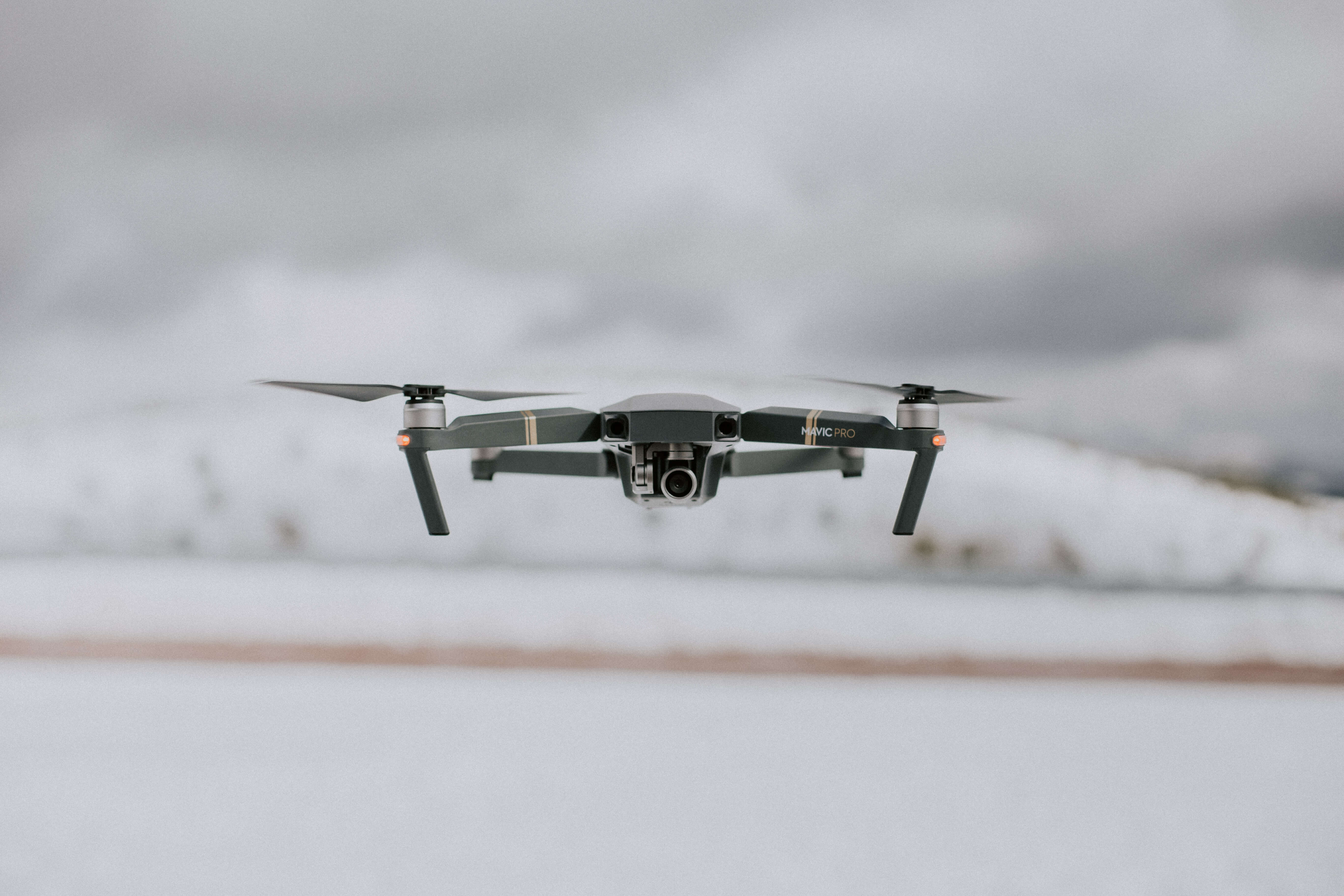
The Best Drones For Pros ?
The best drones for professionals depend on the specific needs of the user, such as the type of work they do and the features they require. However, here are some of the top drones for professionals that offer advanced features and capabilities:
- DJI Inspire 2: This drone is a top-of-the-line option for professional aerial videographers and photographers. It has a dual camera system, a range of up to 7 km, and a top speed of 94 kph. It also offers advanced features like obstacle avoidance and automated flight modes.
- DJI Phantom 4 Pro V2.0: This drone is another great option for aerial photography and videography professionals. It has a 1-inch 20MP camera, a range of up to 7 km, and can fly at speeds up to 72 kph. It also has features like obstacle avoidance and automated flight modes.
- DJI Matrice 600 Pro: This drone is designed for professional applications like aerial surveying and mapping. It can carry heavy payloads and has a flight time of up to 35 minutes. It also has advanced features like a triple redundancy GPS system and a retractable landing gear.
- Autel Robotics Evo II: This drone is a good option for professionals who need a compact and portable drone. It has a 6K camera, a range of up to 9 km, and can fly for up to 40 minutes. It also has advanced features like obstacle avoidance and automated flight modes.
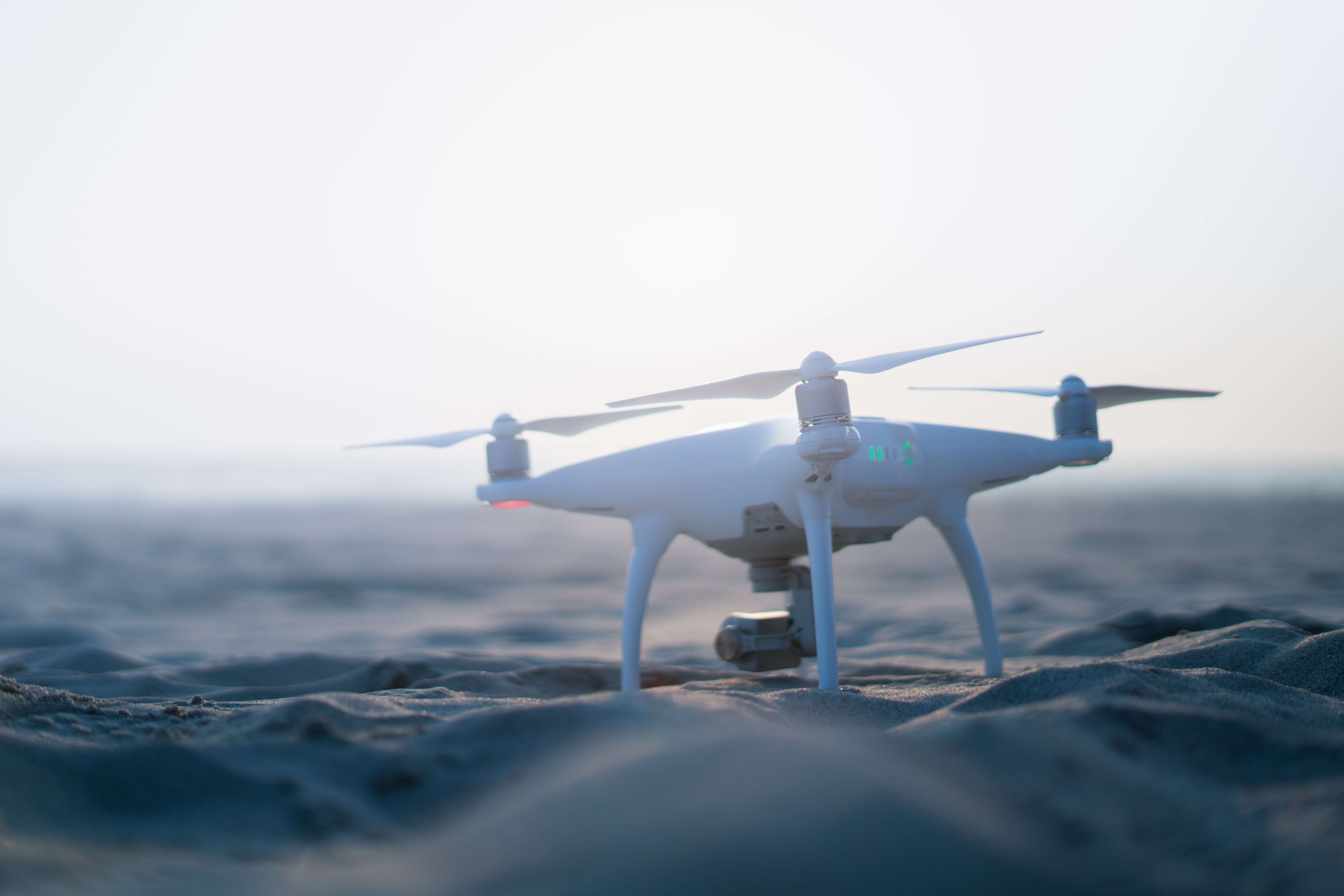
Best Compact Drone For Beginners ?
For beginners who are looking for a compact drone that is easy to carry around and operate, there are several options available. Here are some of the best compact drones for beginners:
- DJI Mavic Mini: This is a great option for beginners who are looking for a compact drone. It weighs just 249 grams and can fold up for easy storage and transportation. It has a 2.7K camera, a range of up to 4 km, and can fly for up to 30 minutes on a single charge.
- Holy Stone HS165: This is another great option for beginners who want a compact drone. It folds up to fit in your pocket and has a 2K camera, a range of up to 100 meters, and can fly for up to 18 minutes on a single charge.
- Ryze Tello: This is a budget-friendly option for beginners who want a compact drone. It weighs just 80 grams and can fit in the palm of your hand. It has a 720P HD camera, a range of up to 100 meters, and can fly for up to 13 minutes on a single charge.
- Potensic A20W: This is another budget-friendly option for beginners. It's small enough to fit in your palm and has a built-in camera that can take photos and record videos. It has a range of up to 30 meters and can fly for up to 6 minutes on a single charge.
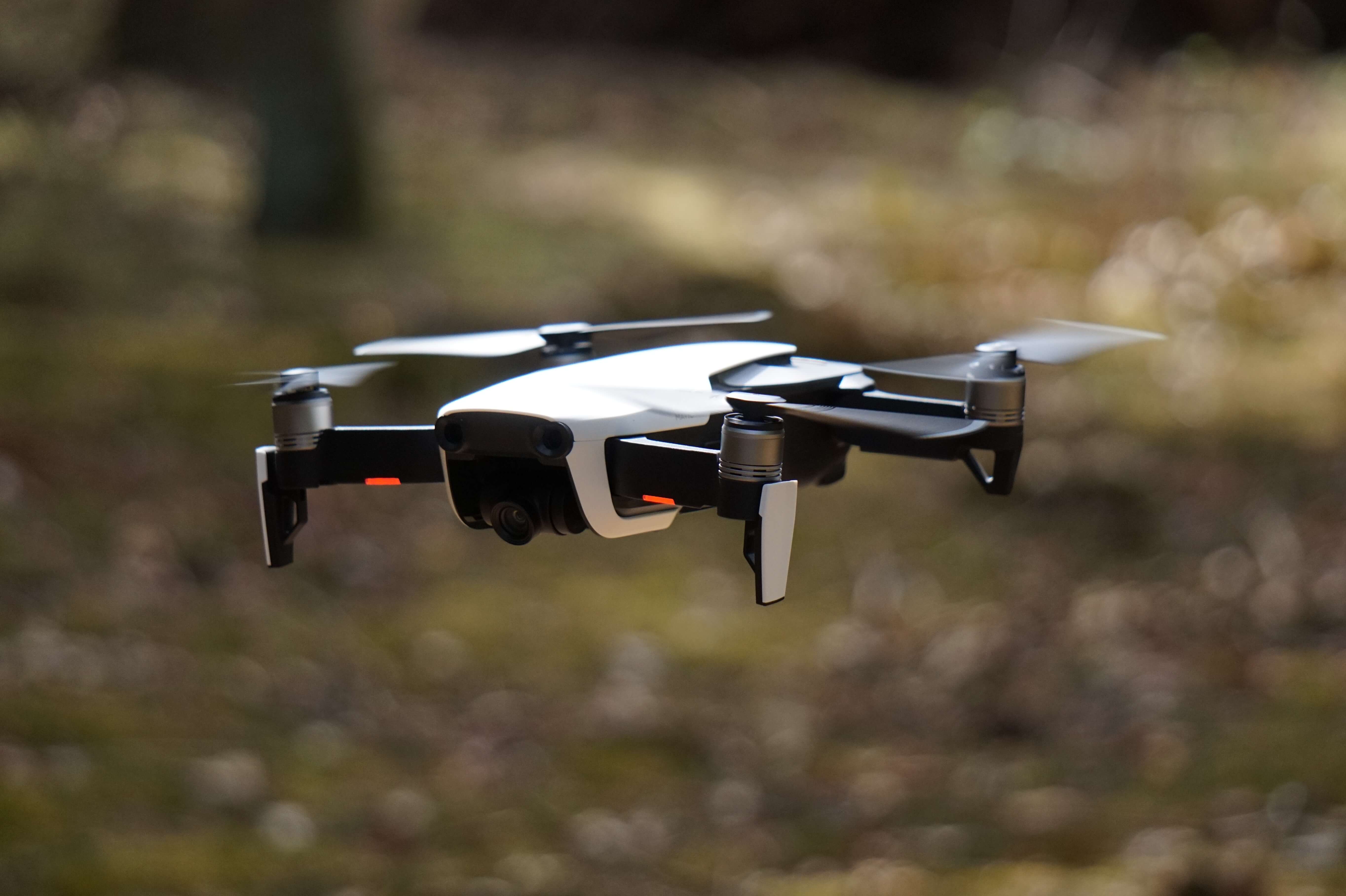
Best Budget Drone For Beginners ?
For beginners who are looking for an affordable drone that is easy to operate and has basic features, there are several options available. Here are some of the best budget drones for beginners:
- Holy Stone HS100D: This is a great option for beginners who want a drone with a decent camera. It has a 1080P HD camera, a range of up to 500 meters, and can fly for up to 15 minutes on a single charge.
- Potensic T18: This is another great option for beginners who want a budget-friendly drone. It has a 1080P HD camera, a range of up to 300 meters, and can fly for up to 10 minutes on a single charge. It also has features like altitude hold and emergency stop.
- JJRC H68: This is a very affordable option for who want a device with basic features. It has a 720P HD camera, a range of up to 100 meters, and can fly for up to 20 minutes on a single charge.
- Syma X5UW-D: This is another budget-friendly option for beginners. It has a 720P HD camera, a range of up to 70 meters, and can fly for up to 7 minutes on a single charge. It also has features like altitude hold and one-key takeoff and landing.
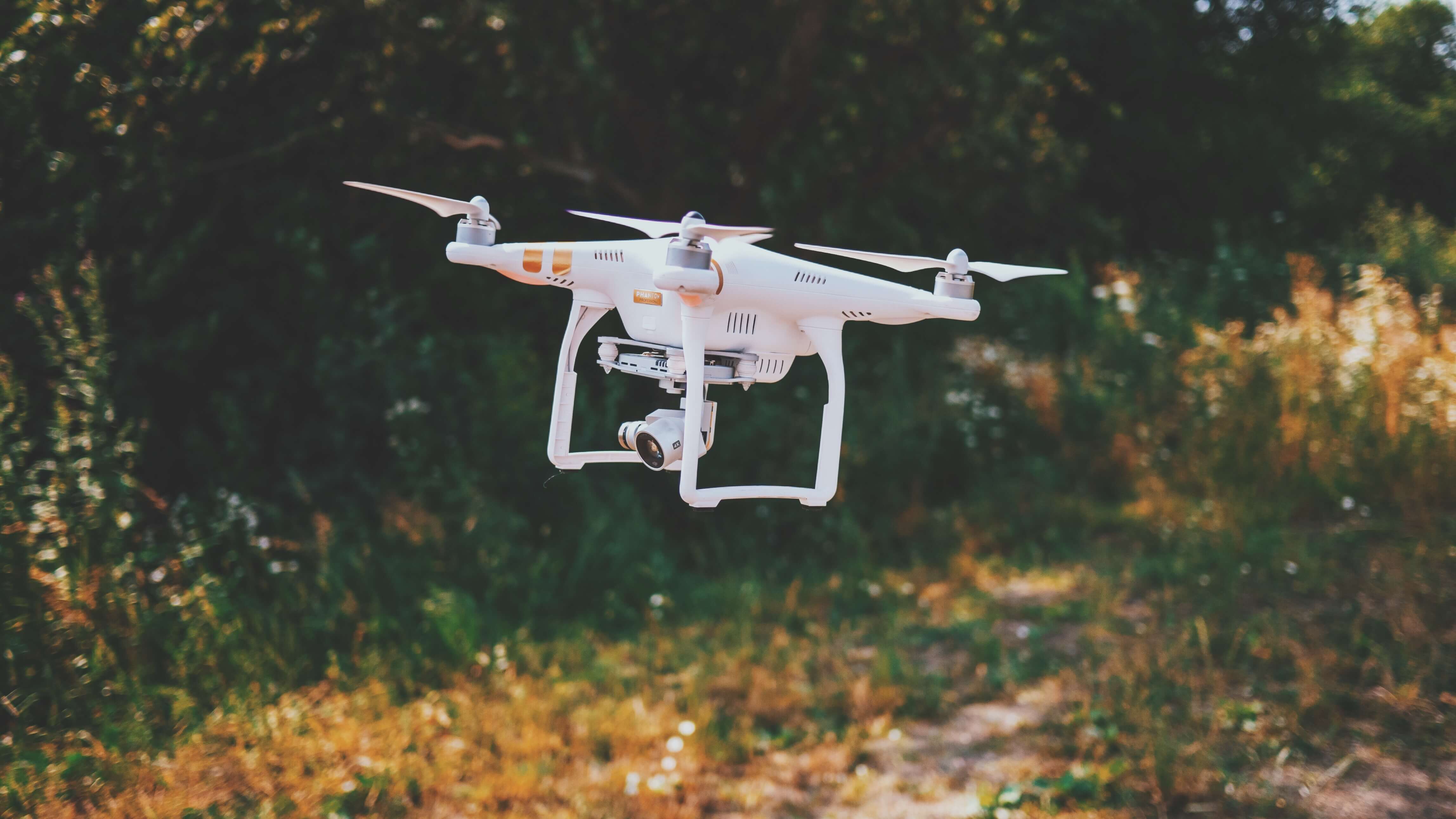
Best Beginner Drone : Best Educational Drone For Kids ?
There are several educational drones available for kids that teach coding, robotics, and STEM concepts while also providing an engaging and fun experience. Here are some of the best educational drones for kids:
- DJI RoboMaster S1: This is a great option for kids who are interested in robotics and coding. It's a programmable robot that can be customized and controlled using a smartphone or tablet. It has advanced features like computer vision and can be programmed to complete a variety of tasks and challenges.
- Tello EDU: This is another great educational drone for kids. It's easy to fly and comes with a range of educational programming options. Kids can program the drone to perform flips, control the camera, and even learn coding with Scratch, a visual programming language.
- Makeblock Airblock: This is a modular that can be transformed into a hovercraft or other vehicles using magnetic modules. It can be programmed using a drag-and-drop coding language and comes with a variety of challenges and lessons to help kids learn STEM concepts.
- Sphero Mini Activity Kit: This is a fun and educational drone that teaches coding and robotics through play. It's a small spherical robot that can be controlled using a smartphone or tablet and comes with a variety of games and activities that teach coding and other STEM concepts.
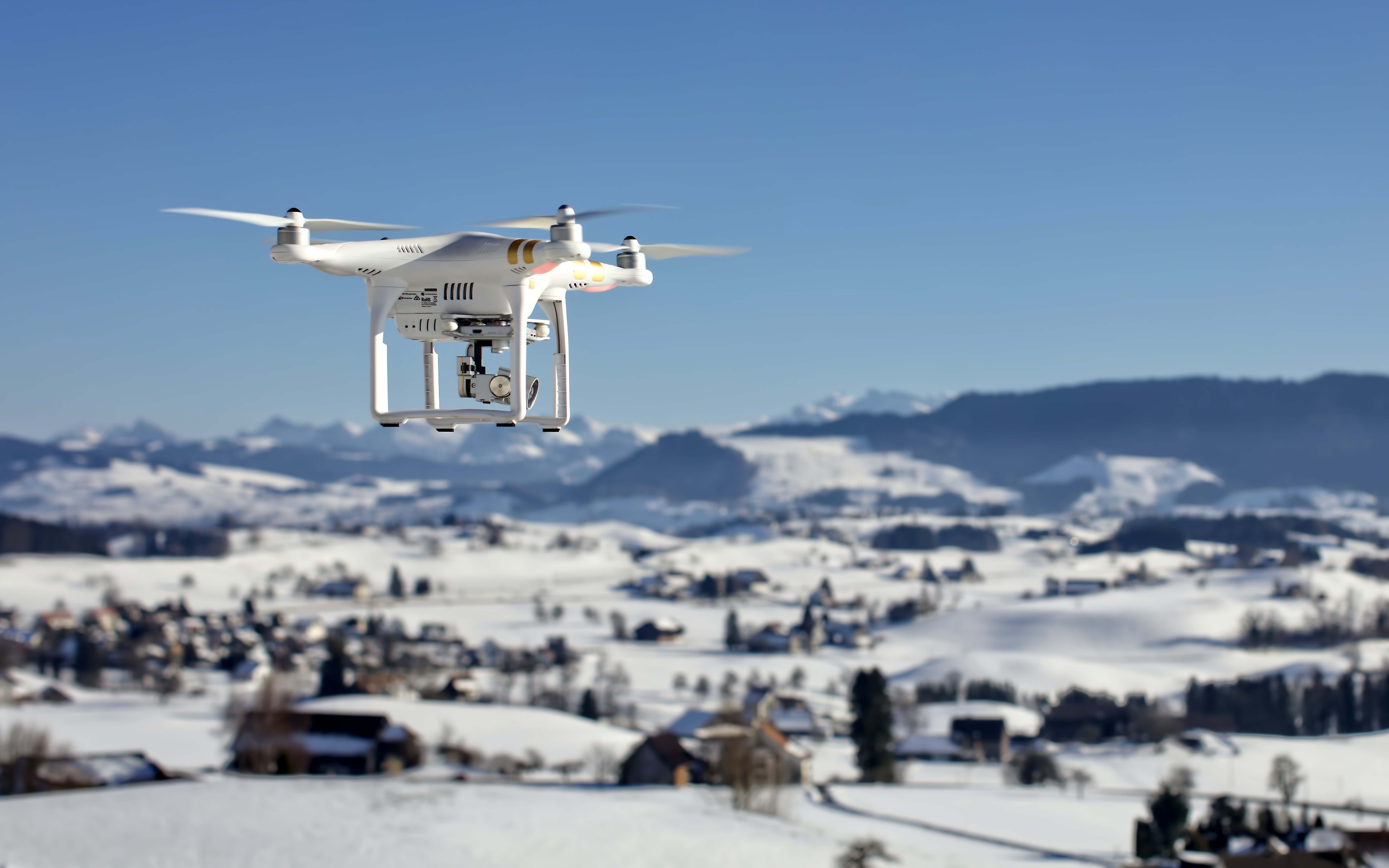
Best Premium Drone For Beginners ?
For beginners who are willing to invest in a premium drone with advanced features and capabilities, there are several options available. Here are some of the best premium drones for beginners:
- DJI Mavic Air 2: This is a top-of-the-line device that is packed with advanced features. It has a 4K camera, a range of up to 10 km, and can fly for up to 34 minutes on a single charge. It also has advanced features like obstacle avoidance and automated flight modes.
- Autel Robotics EVO II: This is another great option for beginners who want a premium drone. It has a 6K camera, a range of up to 9 km, and can fly for up to 40 minutes on a single charge. It also has advanced features like obstacle avoidance and automated flight modes.
- DJI Phantom 4 Pro V2.0: This is a high-end drone that is designed for professional use, but is also a great option for beginners who want a premium drone. It has a 1-inch 20MP camera, a range of up to 7 km, and can fly for up to 28 minutes on a single charge. It also has advanced features like obstacle avoidance and automated flight modes.
- DJI Mavic 2 Pro: This is another top-of-the-line drone that is designed for professionals, but is also a great option for beginners who want a premium drone. It has a Hasselblad camera, a range of up to 8 km, and can fly for up to 31 minutes on a single charge. It also has advanced features like obstacle avoidance and automated flight modes.
Overall, these premium drones offer advanced features and capabilities and are a great option for beginners who want to invest in a high-quality drone that will last for years to come.
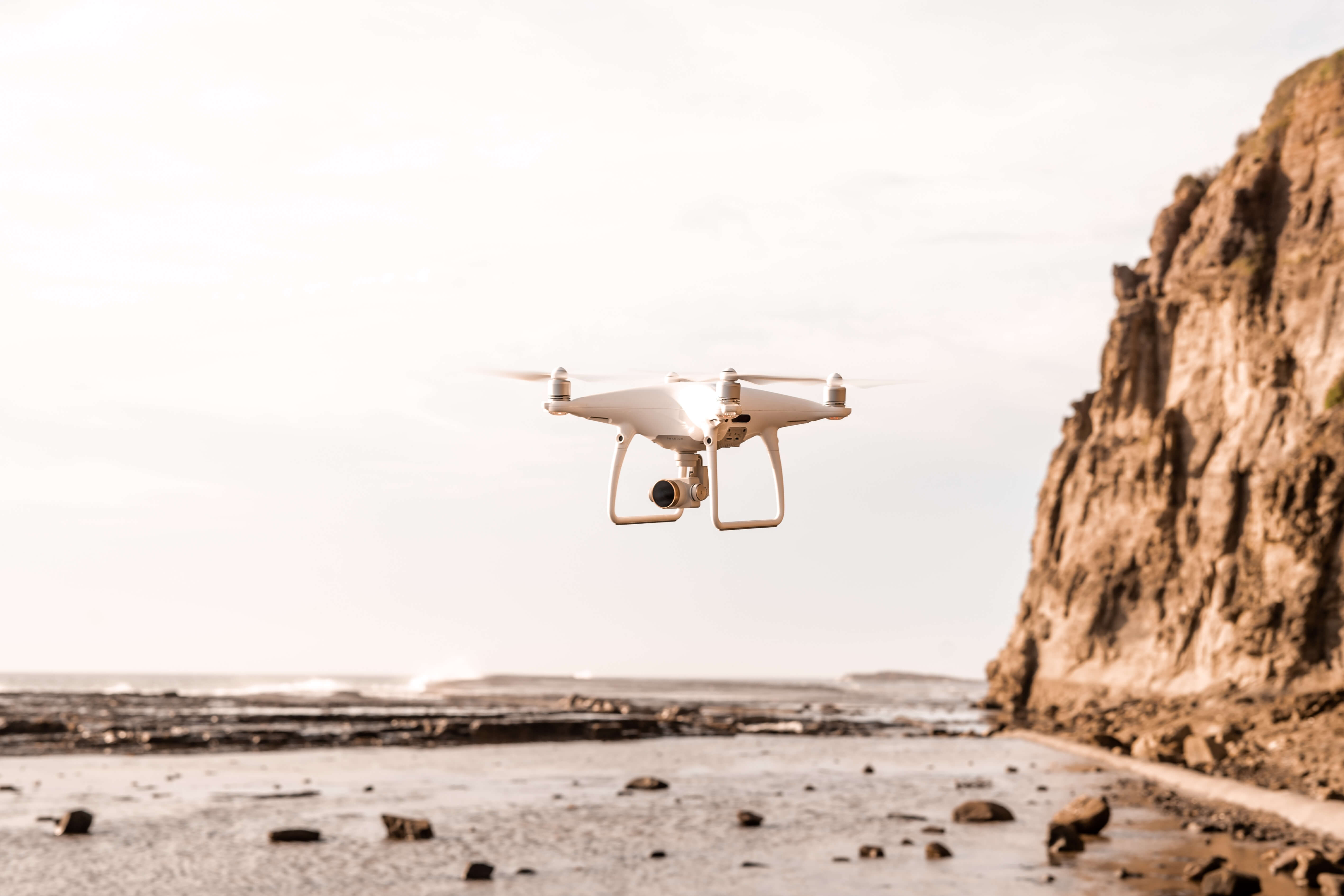
How We Chose The Best Drones For Beginners ?
When choosing the best drones for beginners, we considered several factors to ensure that the drones are easy to use, safe, and provide a good value for the price. Here are some of the key factors that we considered:
- Ease of use: We looked for drones that are easy to operate and control, even for those who have never flown a drone before. We considered features like intuitive controls, stability, and responsiveness to ensure that the drones are user-friendly for beginners.
- Safety features: We looked for drones that have safety features like obstacle avoidance and emergency stop to prevent accidents and crashes. We also considered the durability and build quality of the drones to ensure that they can withstand crashes and accidents.
- Camera quality: For those who are interested in aerial photography or videography, we looked for drones that have good quality cameras and video capabilities. We considered factors like camera resolution, color accuracy, and the ability to capture smooth and stable footage.
- Battery life and range: We considered the drones' battery life and range to ensure that they provide sufficient flight time and range for beginners to enjoy flying the drone. We also looked for drones that are easy to recharge and have quick charging times.
- Value for the price: We considered the price of the drones and their overall value for the price. We looked for drones that offer good quality and features at an affordable price point for beginners.
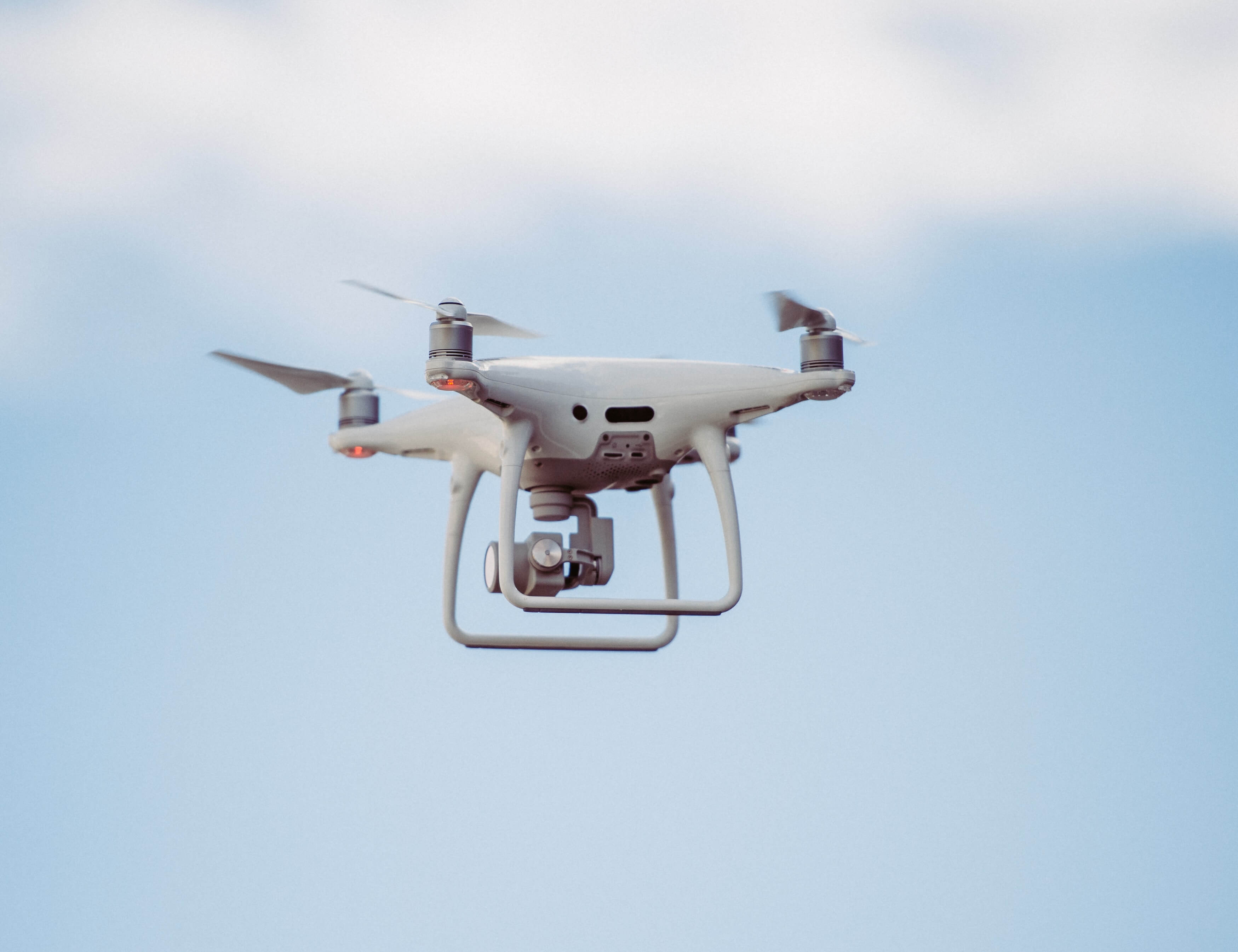
Are Drone Pilots In High Demand ?
Yes, drone pilots are in high demand in various industries such as photography and videography, construction, agriculture, search and rescue, surveying, and many more. With the increasing popularity of drones, there is a growing need for skilled and licensed pilots who can operate drones safely and efficiently.
The Federal Aviation Administration (FAA) requires drone pilots to have a remote pilot certification to operate a drone for commercial purposes. This certification requires passing a written exam and meeting certain requirements for education and experience. As a result, certified drone pilots are in high demand for commercial and industrial use.
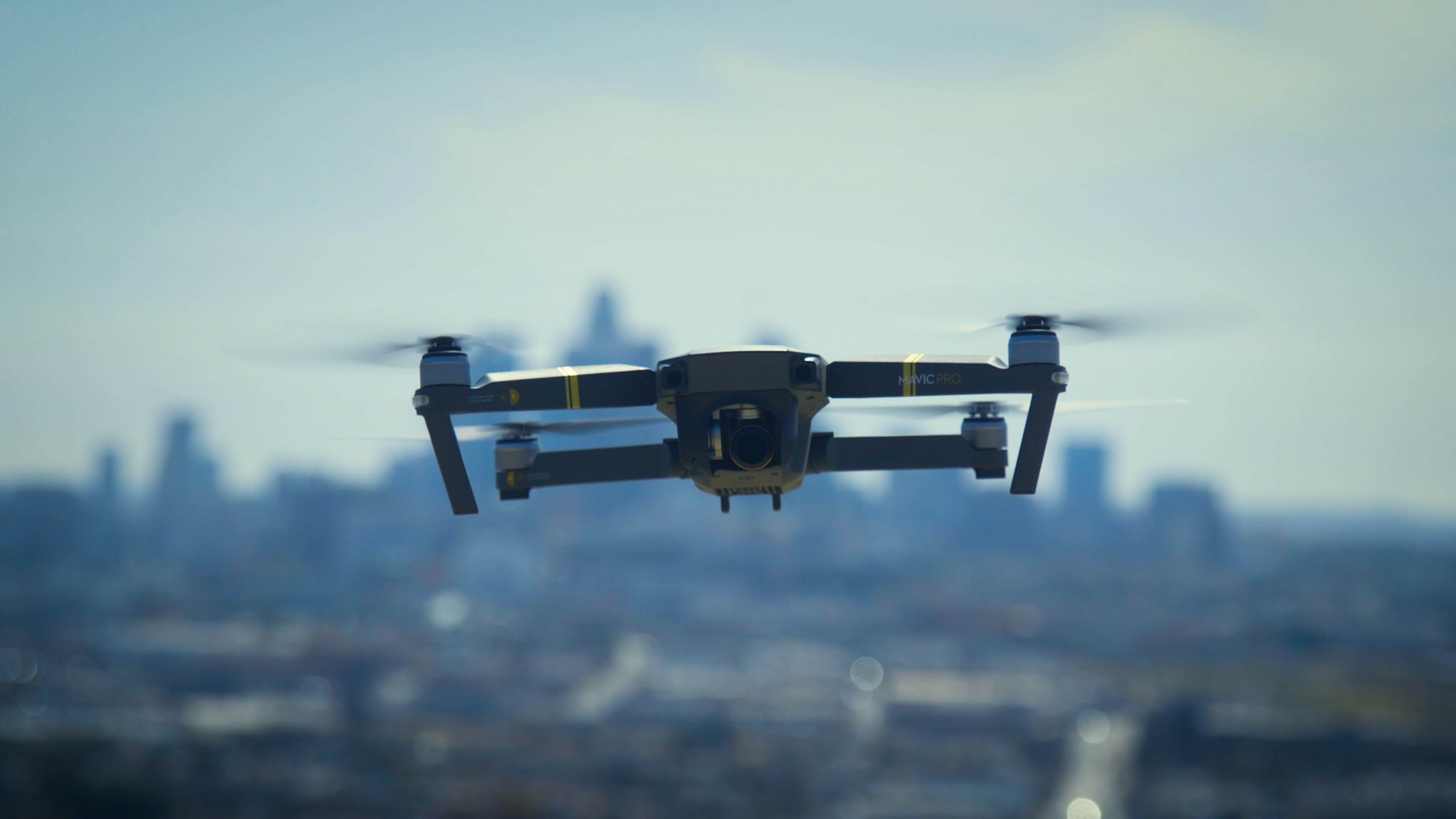
How Much Do Beginner Drone Pilots Make ?
The salary for beginner drone pilots can vary widely depending on factors such as experience, certification, industry, and location. However, according to various job websites and industry sources, the average salary for a beginner drone pilot is around $50,000 to $60,000 per year.
This salary can vary depending on the type of work a drone pilot is doing. For example, drone pilots working in the film and video production industry may earn higher salaries than those working in agriculture or construction.
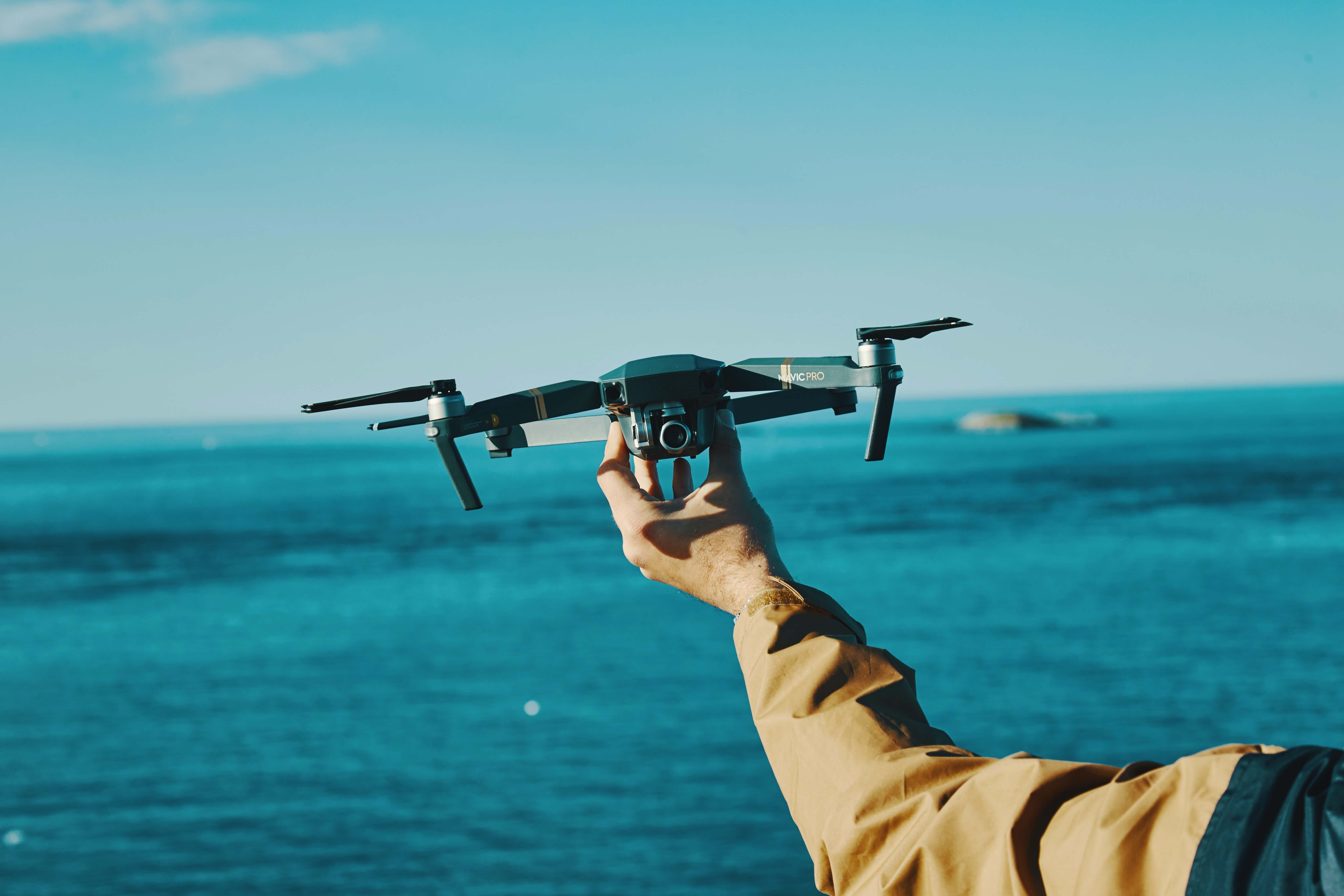
How Much Do Drone Pilots Make A Day ?
The amount that drone pilots make per day can vary widely depending on factors such as experience, certification, type of work, and location. Generally, drone pilots can expect to earn between $200 to $2,500 per day, depending on the type of work they are doing.
For example, drone pilots working in the film and video production industry may earn higher daily rates due to the specialized skills and equipment required for these types of projects. On the other hand, drone pilots working in the agriculture or construction industries may earn lower daily rates due to the more routine and repetitive nature of the work.
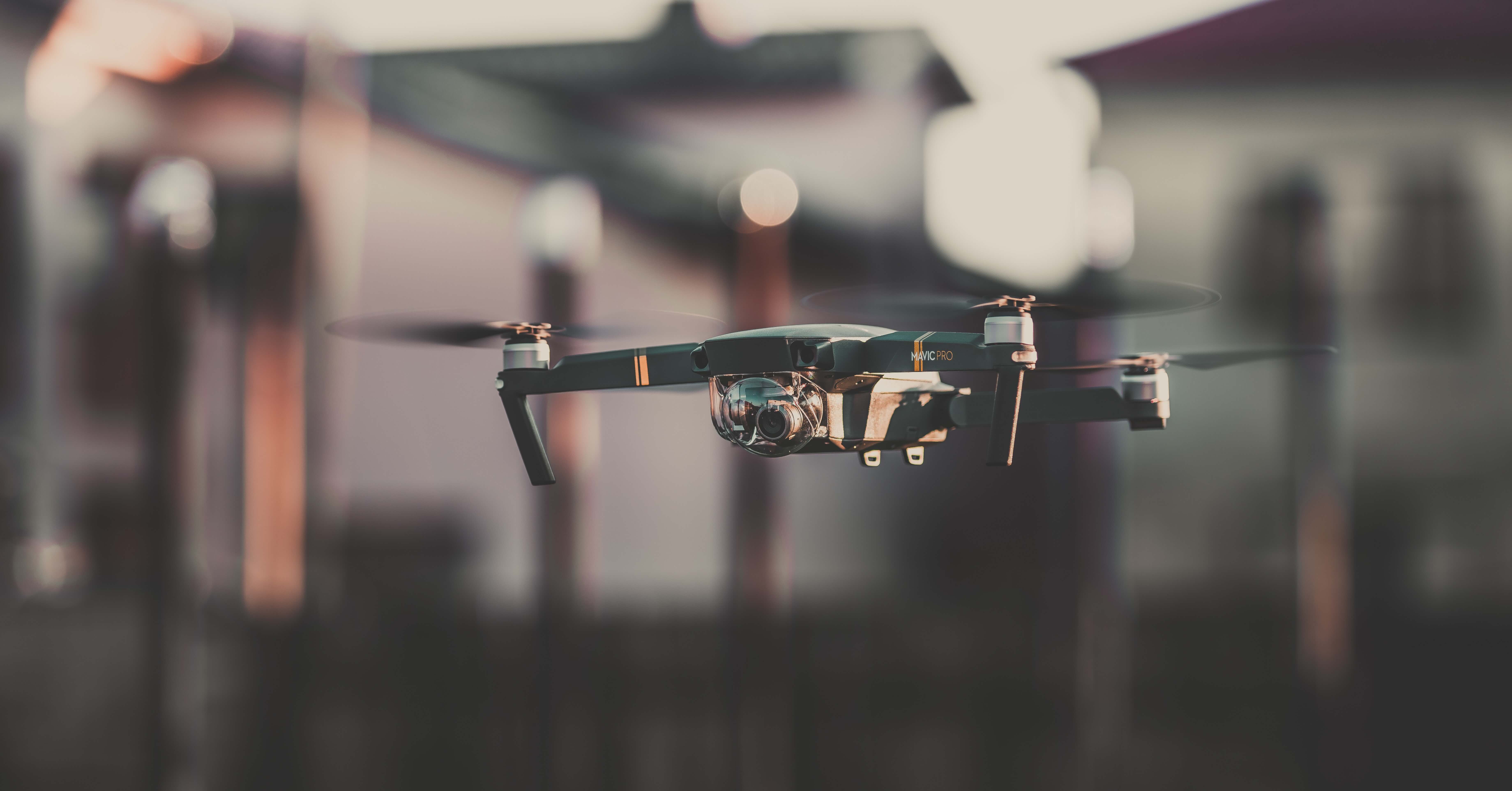
How Much Does It Cost To Go To Drone Pilot School ?
The cost to go to drone pilot school can vary widely depending on the type of school, the location, and the program of study. Here are some of the typical costs associated with attending a drone pilot school:
- Ground School: Some drone pilot schools offer ground school courses that cover the FAA regulations and requirements for drone pilots. These courses typically cost between $250 and $500.
- Flight Training: Flight training courses teach students how to operate drones and provide hands-on practice. These courses can cost between $1,000 and $5,000, depending on the length and intensity of the course.
- Certification Exam: To become a certified drone pilot, students must pass a written exam administered by the FAA. The cost of the exam is $160.
- Equipment: Students will need to purchase their own equipment for training and practice. The cost of equipment can vary widely depending on the type of drone and accessories needed, but can range from a few hundred to several thousand dollars.
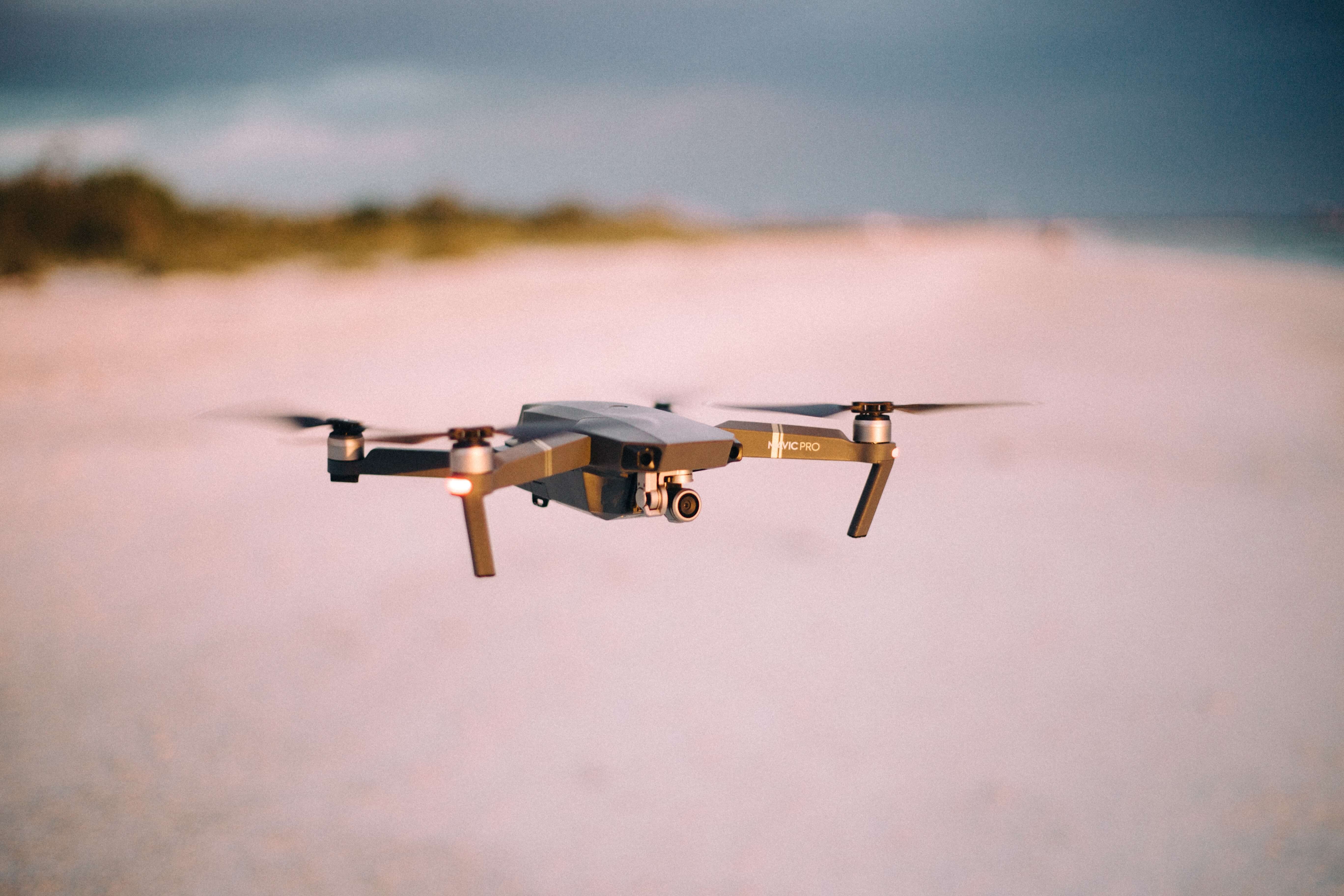
How Much Does A NASA Drone Pilot Earn ?
NASA drone pilots fall under the category of aerospace engineers, who are responsible for designing, building, and testing aircraft and spacecraft. The salary for NASA drone pilots or aerospace engineers can vary widely depending on factors such as experience, education, and level of responsibility. According to the Bureau of Labor Statistics, the median annual salary for aerospace engineers, including drone pilots, was $118,610 as of May 2020.
It's worth noting that NASA is a federal agency and its employees are paid according to the General Schedule (GS) pay scale, which ranges from GS-1 to GS-15, with each level representing different pay grades. The salary for NASA drone pilots would depend on their GS level, which is determined by their education, experience, and level of responsibility.
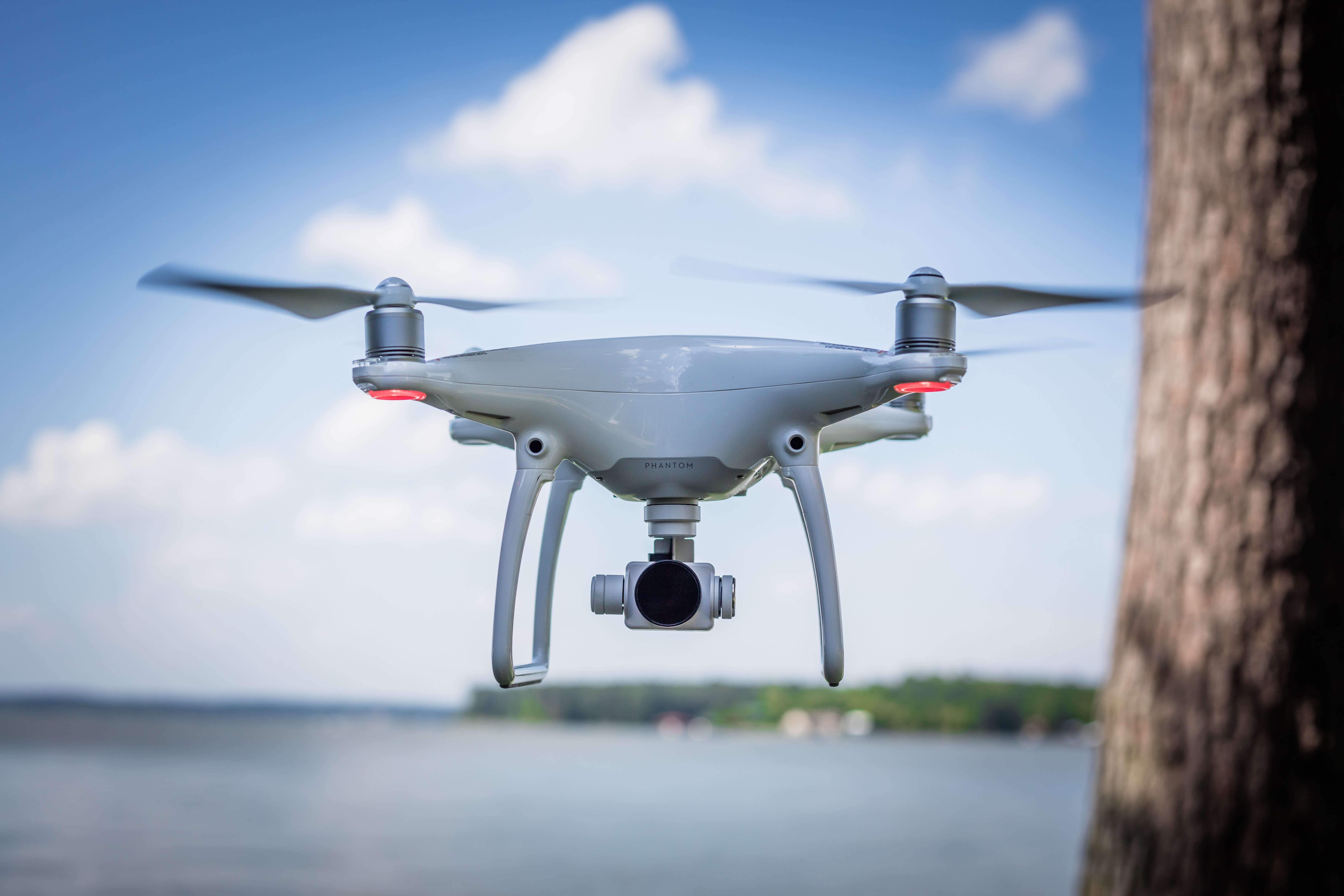
How Long Does It Take To Train A Drone Pilot ?
The amount of time it takes to train a drone pilot can vary depending on the type of training and the individual's prior experience and skill level. Here are some of the typical time frames associated with drone pilot training:
- Ground School: Ground school courses, which cover the FAA regulations and requirements for drone pilots, typically last between one and three days.
- Flight Training: Flight training courses, which teach students how to operate and provide hands-on practice, can vary widely in length depending on the program of study. Short courses may last only a few days, while more intensive courses can last several weeks or months.
- Certification Exam: To become a certified drone pilot, students must pass a written exam administered by the FAA. The exam takes about two hours to complete.
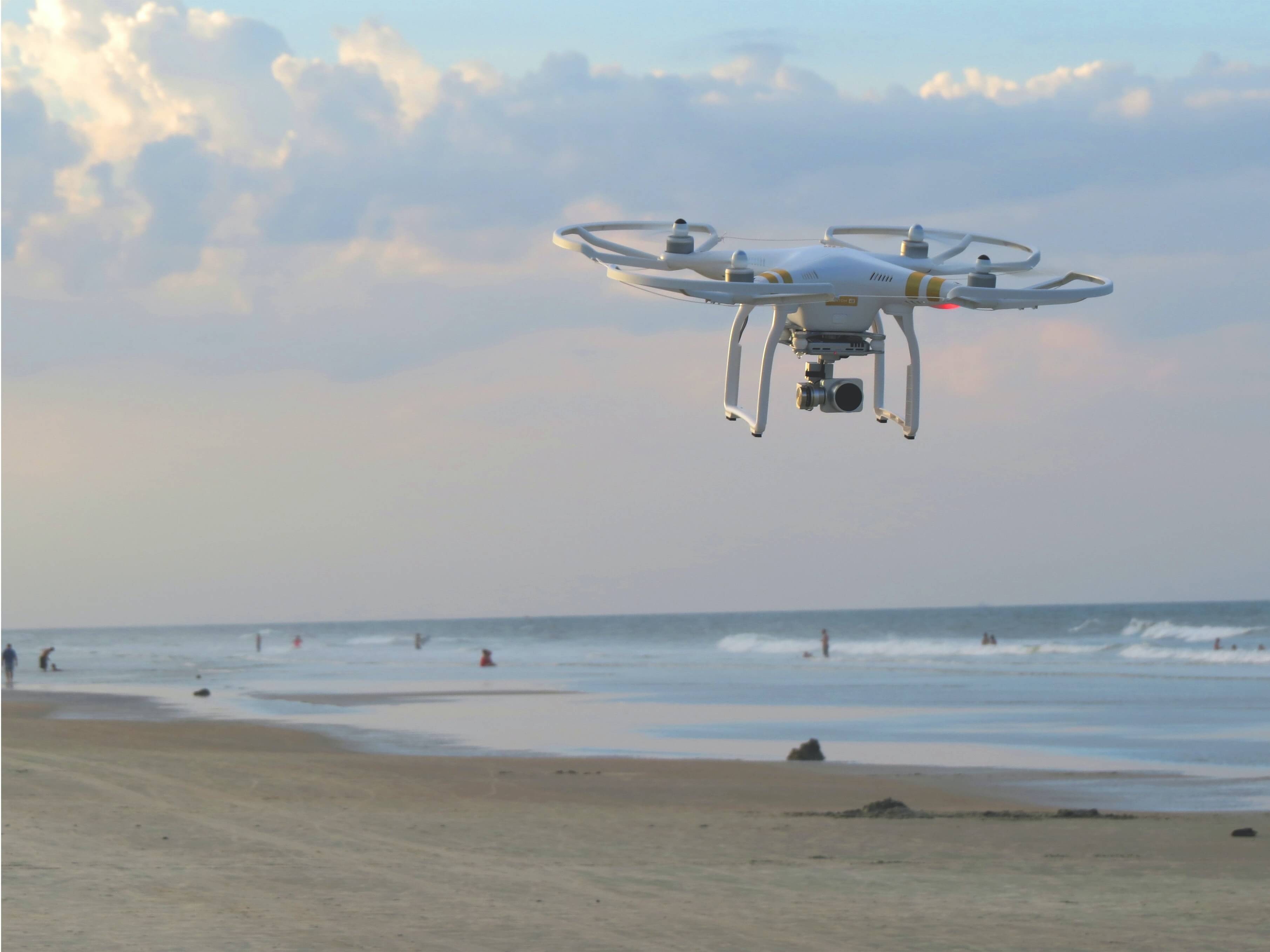
What Is Best Drone Under $100 Bucks ?
There are several good options for drones under $100. Here are some of the best drones under $100:
- Holy Stone HS170 Predator: This is a great option for beginners who want an affordable drone with basic features. It has a range of up to 50 meters, a flight time of up to 8 minutes, and has features like one-key takeoff and landing and altitude hold.
- Syma X5UW-D: This is another good option for beginners who want a drone with basic features. It has a range of up to 70 meters, a flight time of up to 7 minutes, and has features like altitude hold and one-key takeoff and landing.
- Eachine E58: This is a foldable drone that is easy to carry and transport. It has a range of up to 80 meters, a flight time of up to 9 minutes, and has features like altitude hold and one-key takeoff and landing.
- Potensic A20W: This is a small and affordable drone that is great for indoor flying. It has a range of up to 30 meters, a flight time of up to 6 minutes, and has features like altitude hold and one-key takeoff and landing.
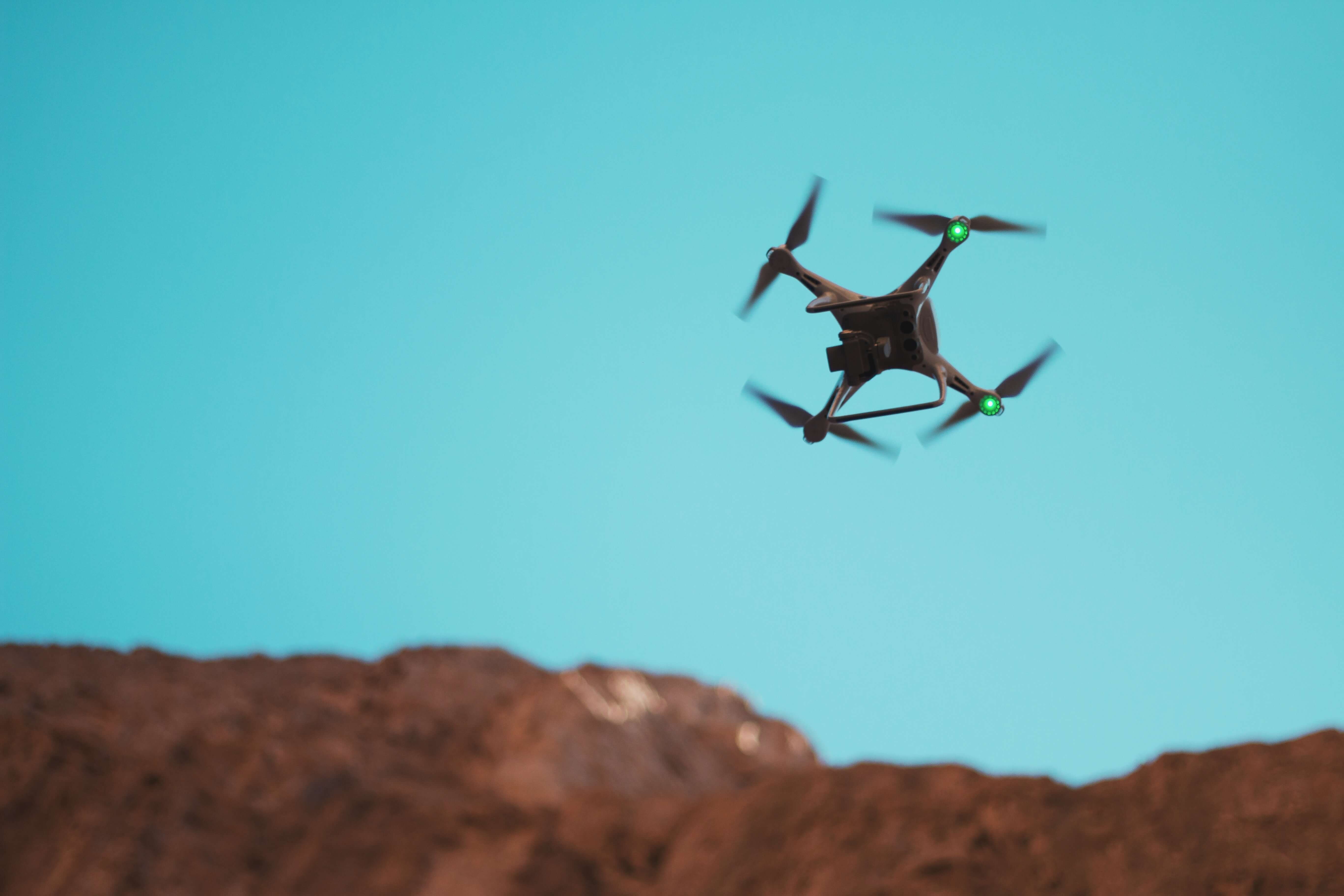
What Is The Best Value For Money Drone For Beginners ?
The best value for money drone for beginners will depend on individual needs and preferences. However, there are a few drones that offer a good balance of affordability and features, making them a great value for beginners. Here are some of the best value for money drones for beginners:
- DJI Mini 2: This is a compact drone that offers advanced features like 4K video and RAW photo capture, obstacle avoidance, and up to 31 minutes of flight time. It is priced at around $449, making it a great value for its features and capabilities.
- Holy Stone HS720E: This is a mid-range drone that offers features like 4K camera, GPS, and up to 46 minutes of flight time. It is priced at around $300, making it a great value for its features and capabilities.
- Potensic T25: This is a budget-friendly drone that offers features like 1080P camera, GPS, and up to 10 minutes of flight time. It is priced at around $150, making it a great value for its features and capabilities.
- Syma X8 Pro: This is another budget-friendly drone that offers features like 720P camera, altitude hold, and up to 9 minutes of flight time. It is priced at around $100, making it a great value for its features and capabilities.
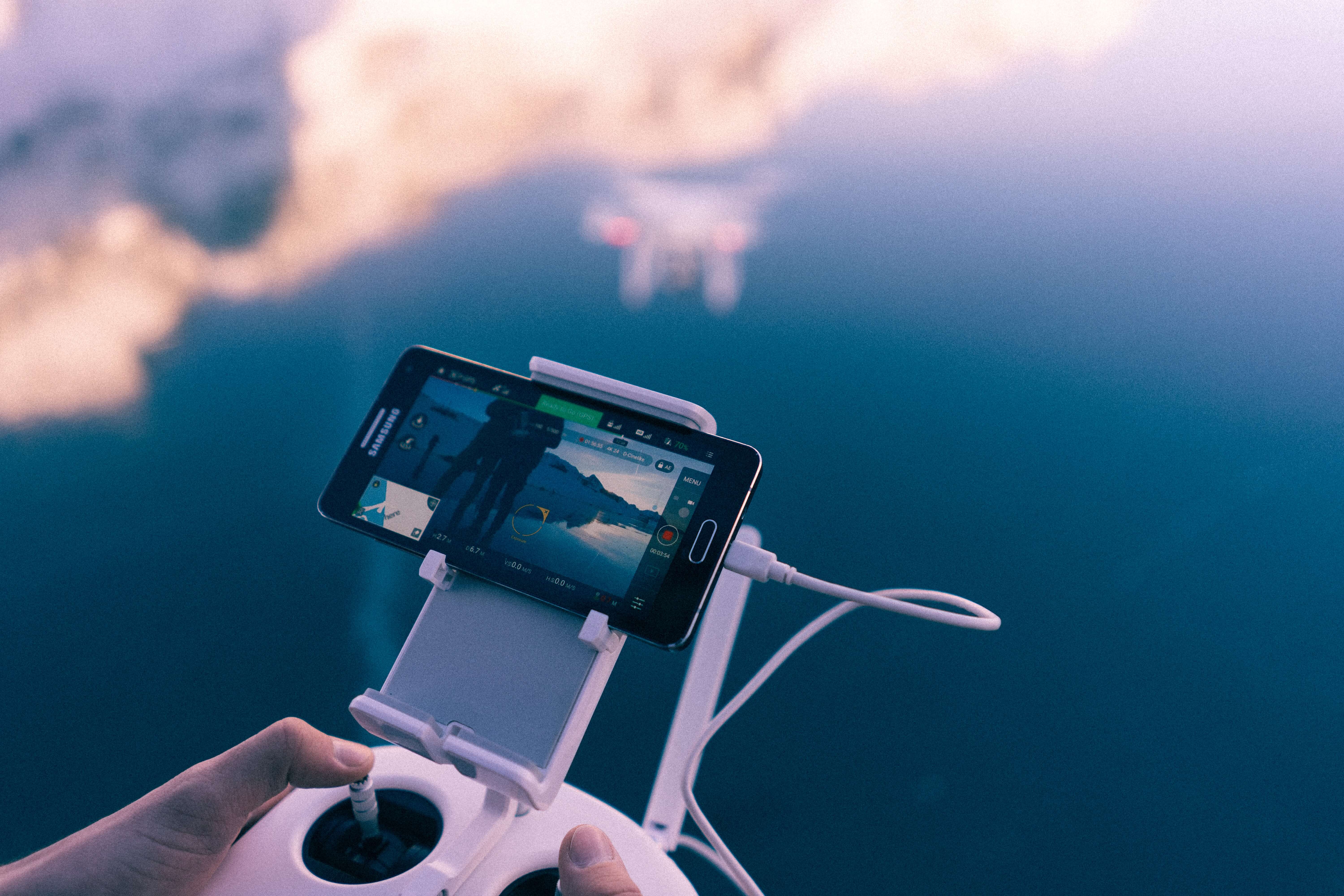
Which Is The Cheapest And Best Drone ?
The cheapest and best drone will depend on individual needs and preferences. However, here are some of the best drones that offer good value for their price and are considered among the cheapest:
- Holy Stone HS100D: This is a budget-friendly drone that offers features like 1080P camera, GPS, and up to 15 minutes of flight time. It is priced at around $129, making it one of the cheapest drones with GPS capabilities.
- Hubsan H107D+: This is another budget-friendly drone that offers features like 720P camera, altitude hold, and up to 8 minutes of flight time. It is priced at around $90, making it one of the cheapest drones with camera capabilities.
- Syma X5UW-D: This is a budget-friendly drone that offers features like 720P camera, altitude hold, and up to 7 minutes of flight time. It is priced at around $60, making it one of the cheapest drones with camera and altitude hold capabilities.
- Potensic A20: This is one of the cheapest drones on the market, priced at around $25. It is a mini drone with basic features like altitude hold and one-key takeoff and landing.
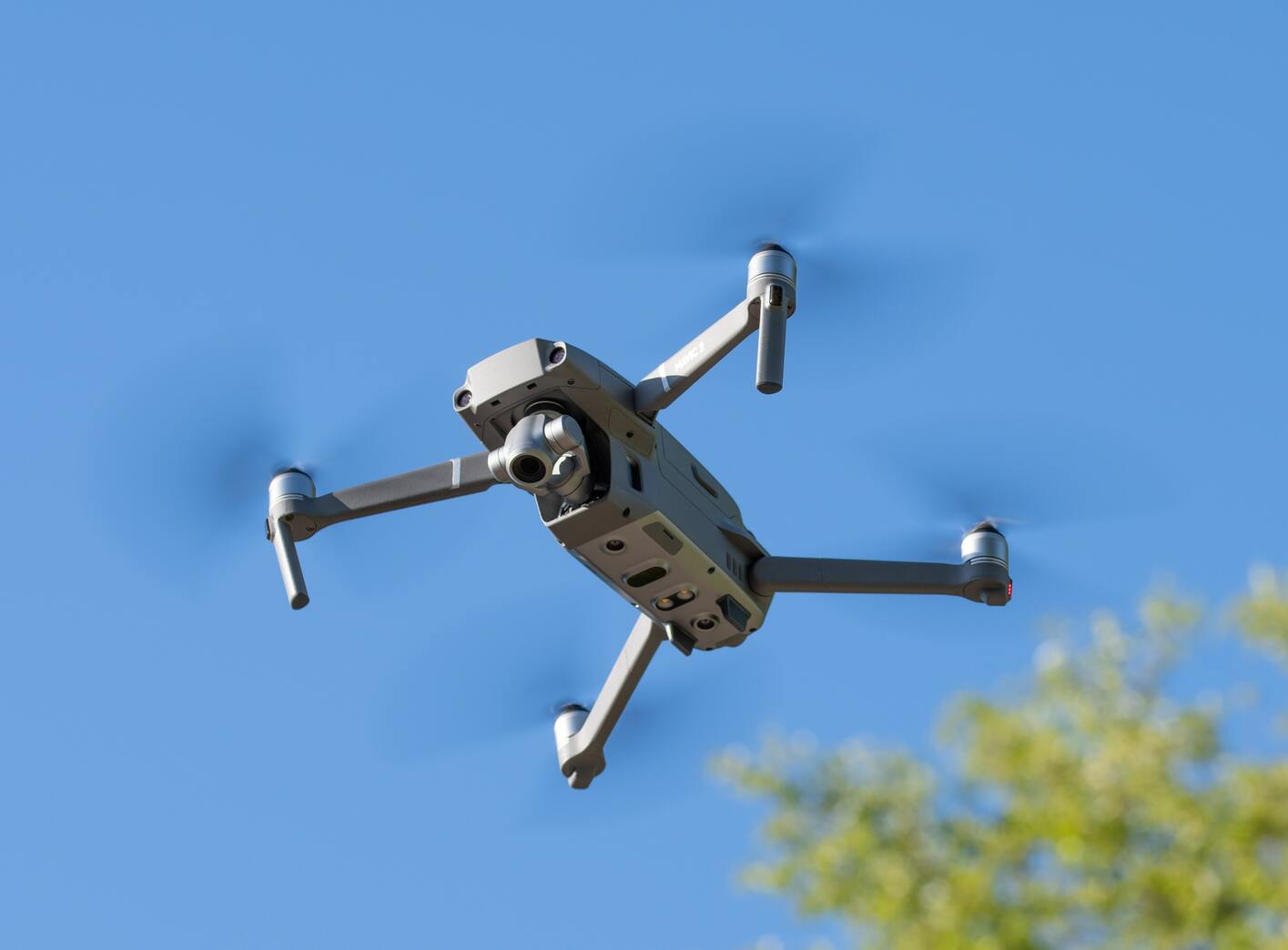
What Is The #1 Best Drone ?
It is difficult to name one single drone as the #1 best drone as it depends on individual needs and preferences. However, the DJI Mavic 2 Pro is often considered one of the best drones currently available in the market due to its advanced features and capabilities.
The DJI Mavic 2 Pro features a Hasselblad camera that can capture stunning 4K video and 20MP stills, and has a range of up to 8 km. It also has advanced features like obstacle avoidance, 31-minute flight time, and 3-axis gimbal stabilization, making it one of the most advanced and capable drones on the market.
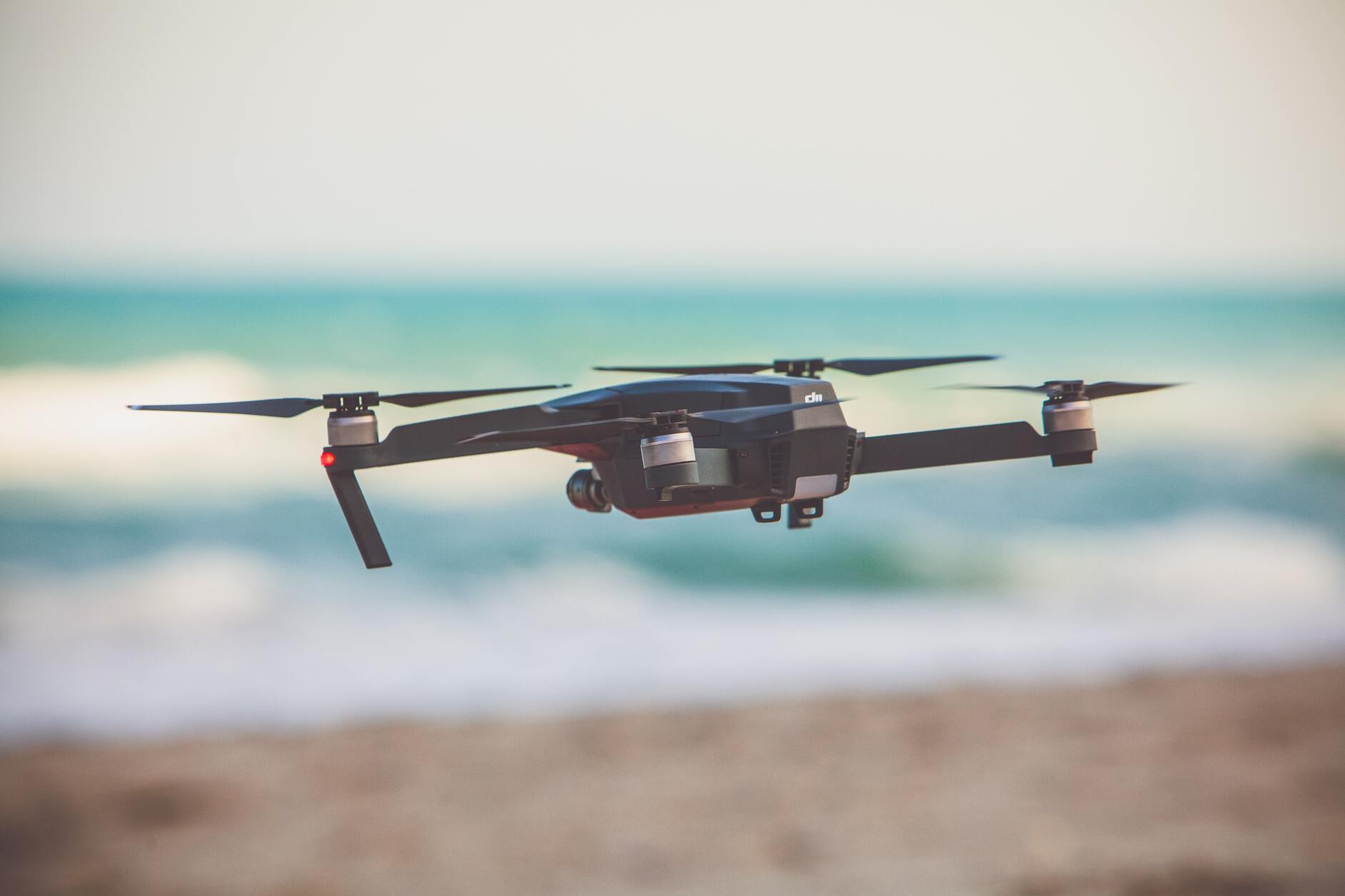
What Is The Best DJI Drone For Starting A Business ?
The best DJI drone for starting a business will depend on the specific needs of the business. However, DJI offers several drones that are well-suited for commercial applications and are a great option for starting a business. Here are some of the best DJI drones for starting a business:
- DJI Mavic 2 Enterprise: This is a versatile drone that is designed specifically for commercial and industrial applications. It has features like thermal imaging, spotlight, and loudspeaker capabilities, making it a great option for search and rescue, inspection, and public safety operations.
- DJI Phantom 4 RTK: This is a high-precision mapping drone that is designed for surveying and mapping applications. It has a built-in RTK module for precise mapping and surveying, making it a great option for surveyors and construction professionals.
- DJI Matrice 300 RTK: This is an advanced drone that is designed for complex industrial applications. It has features like 55-minute flight time, dual-payload capabilities, and advanced obstacle avoidance, making it a great option for inspection, search and rescue, and surveying applications.
- DJI Inspire 2: This is a professional-grade drone that is designed for high-end aerial photography and videography. It has features like 5.2K video recording, interchangeable lenses, and dual-operator control, making it a great option for filmmakers, photographers, and content creators.
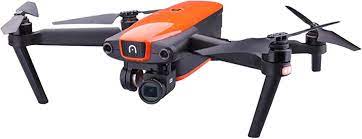
Which DJI Drones Do Not Require A License ?
All drones that are flown for commercial purposes in the United States, including those manufactured by DJI, require a remote pilot certification from the Federal Aviation Administration (FAA). The FAA requires anyone flying a drone for commercial purposes to pass a written exam and obtain a Remote Pilot Certificate.
However, there are some DJI drones that weigh less than 0.55 pounds (250 grams), which are classified as "micro drones" and are exempt from some of the FAA regulations. These micro drones do not require registration or a remote pilot certification, but still must follow certain regulations, such as flying below 400 feet and within visual line of sight.
Here are some DJI drones that weigh less than 0.55 pounds:
- DJI Mavic Mini: This is a compact and affordable drone that weighs only 249 grams, making it exempt from certain FAA regulations.
- DJI Spark: This is another compact and affordable drone that weighs only 300 grams, making it also exempt from certain FAA regulations.
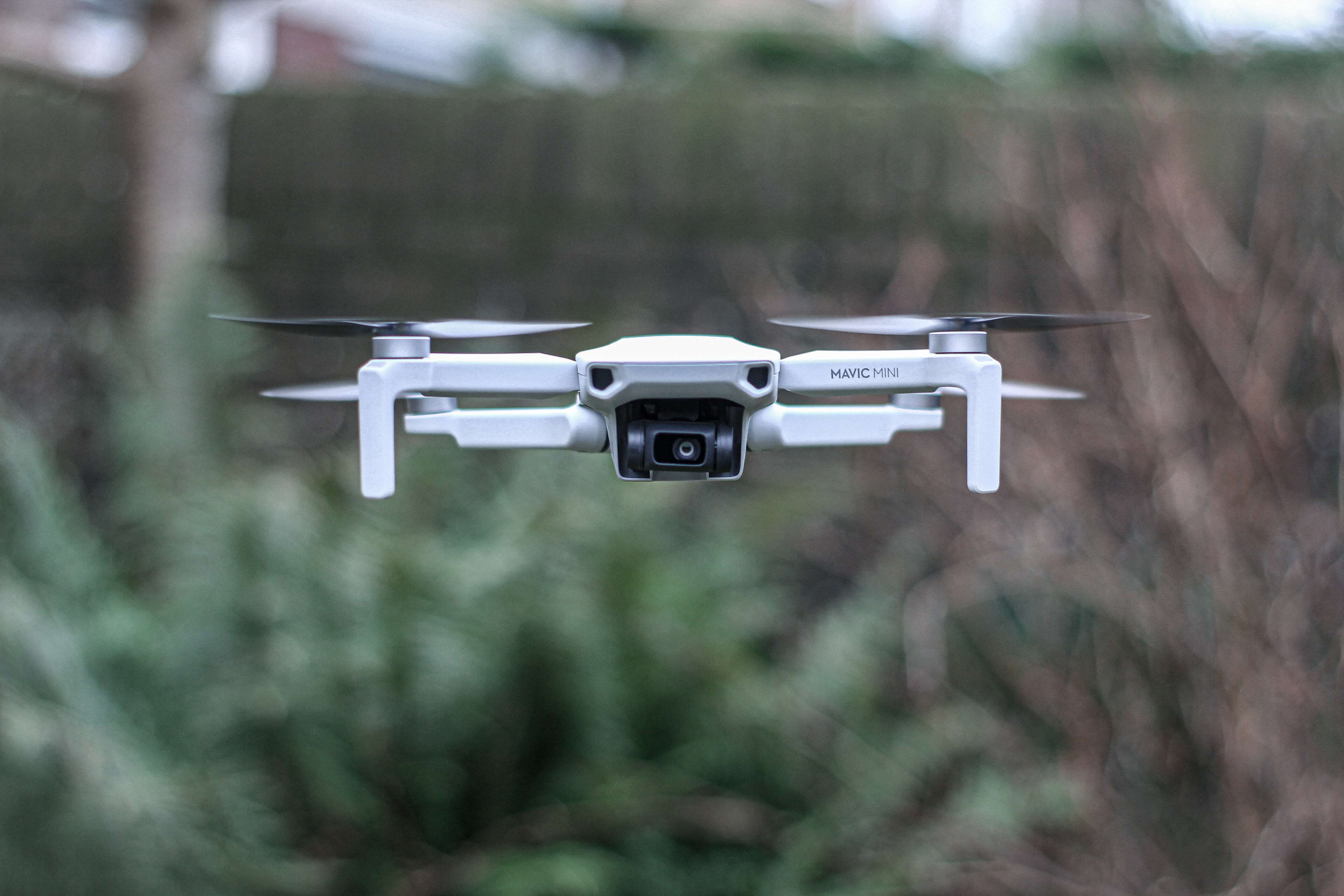
How Far Can A Store Bought Drone Fly ?
The distance that a store-bought drone can fly will depend on several factors, including the type of drone, the battery life, and the limitations set by local laws and regulations. In general, most store-bought drones have a maximum range of 1-5 kilometers (0.6-3.1 miles) and a flight time of around 20-30 minutes.
However, some high-end drones can have a range of up to 8 kilometers (5 miles) and a flight time of up to 60 minutes. It's important to note that the maximum range and flight time of a drone can be affected by factors such as weather conditions, wind speed, and obstacles in the flight path.
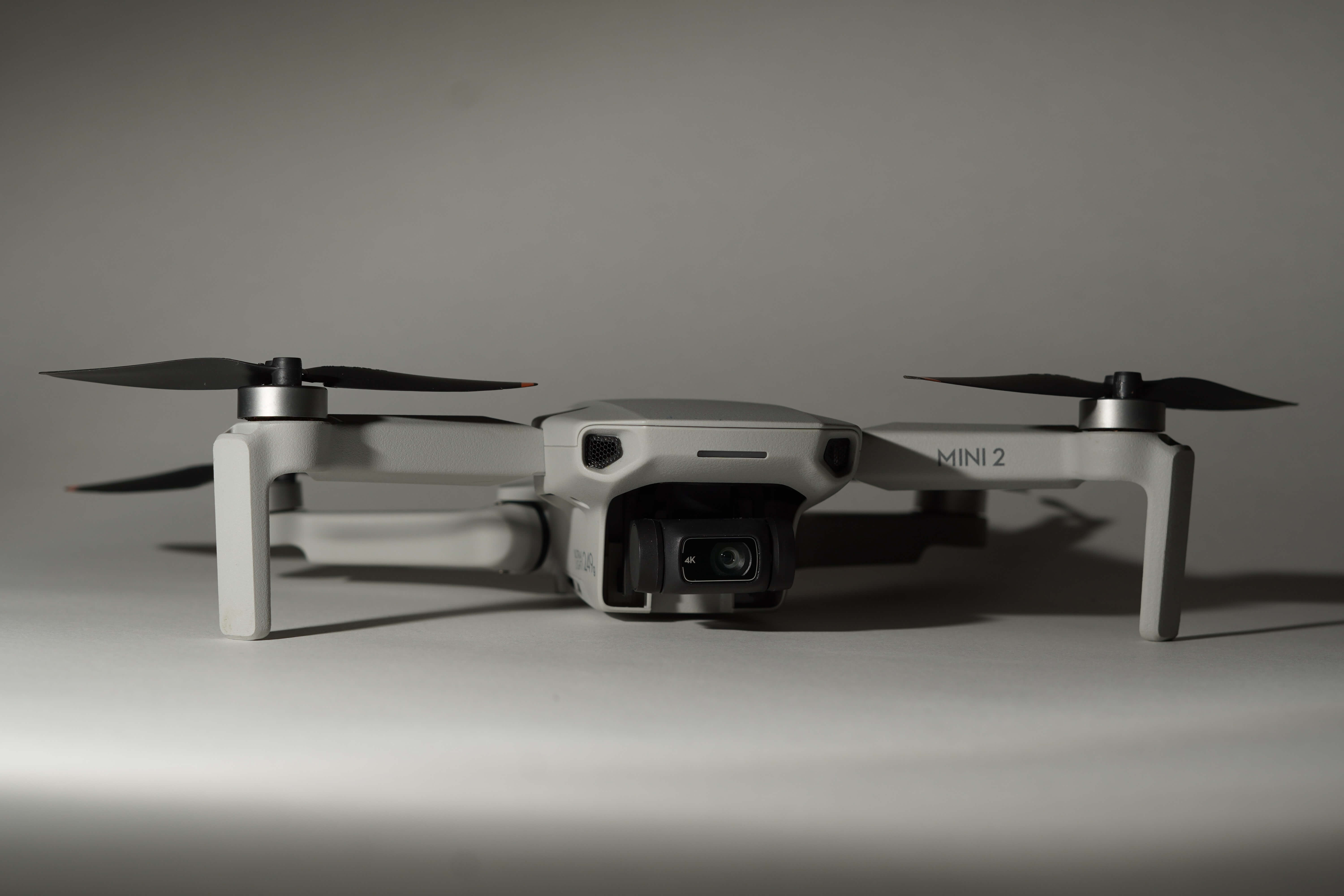
How Much Is A Good Drone ?
The price of a good drone will depend on its features, capabilities, and intended use. Generally, good drones can range in price from a few hundred dollars to several thousand dollars. Here are some approximate price ranges for different types of drones:
- Budget drones: Budget-friendly drones typically cost between $50 and $200. These drones are designed for beginners and may have basic features like a camera, altitude hold, and a flight time of around 5-10 minutes.
- Mid-range drones: Mid-range drones typically cost between $200 and $800. These drones may have more advanced features like GPS, obstacle avoidance, and a flight time of around 20-30 minutes. They are a good option for hobbyists and professionals who want more advanced features without breaking the bank.
- High-end drones: High-end drones can cost upwards of $1,000 or more. These drones typically have advanced features like 4K cameras, longer flight times, and advanced obstacle avoidance capabilities. They are designed for professionals who need the best performance and features available.
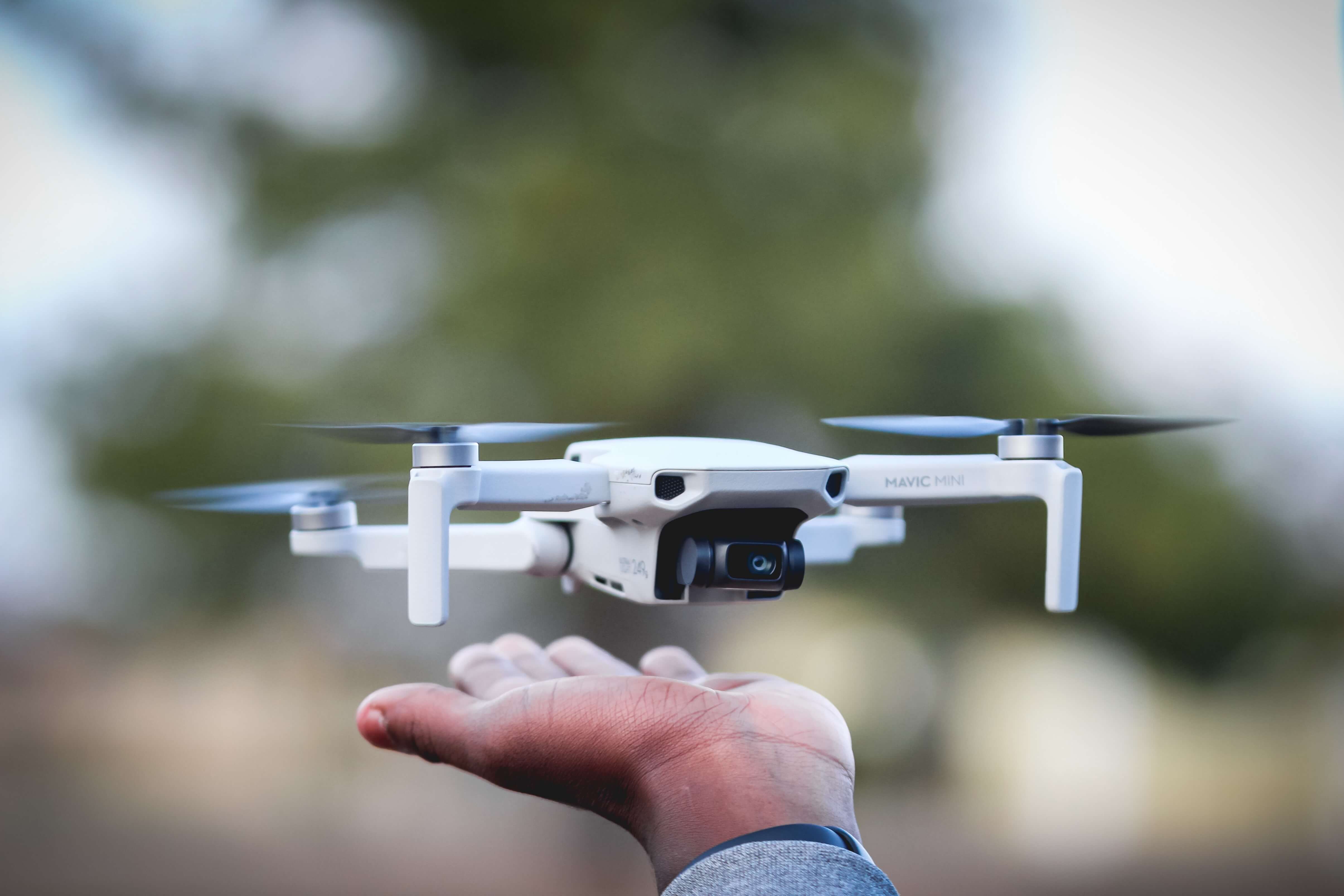
Does Anyone Make Drones As Good As DJI ?
DJI is widely regarded as the leading manufacturer of drones, but there are other companies that also produce high-quality drones with advanced features and capabilities. Some of the companies that produce drones that can compete with DJI in terms of quality and features include:
- Autel Robotics: This company produces drones like the Autel EVO II, which offers advanced features like 8K video recording, 40-minute flight time, and 12 obstacle avoidance sensors.
- Yuneec: This company produces drones like the Yuneec Typhoon H Pro, which offers advanced features like 4K video recording, 360-degree camera rotation, and retractable landing gear.
- Parrot: This company produces drones like the Parrot Anafi, which offers features like 4K video recording, 180-degree camera tilt, and up to 25-minute flight time.
- Skydio: This company produces drones like the Skydio 2, which offers advanced features like 4K video recording, 23-minute flight time, and advanced obstacle avoidance.
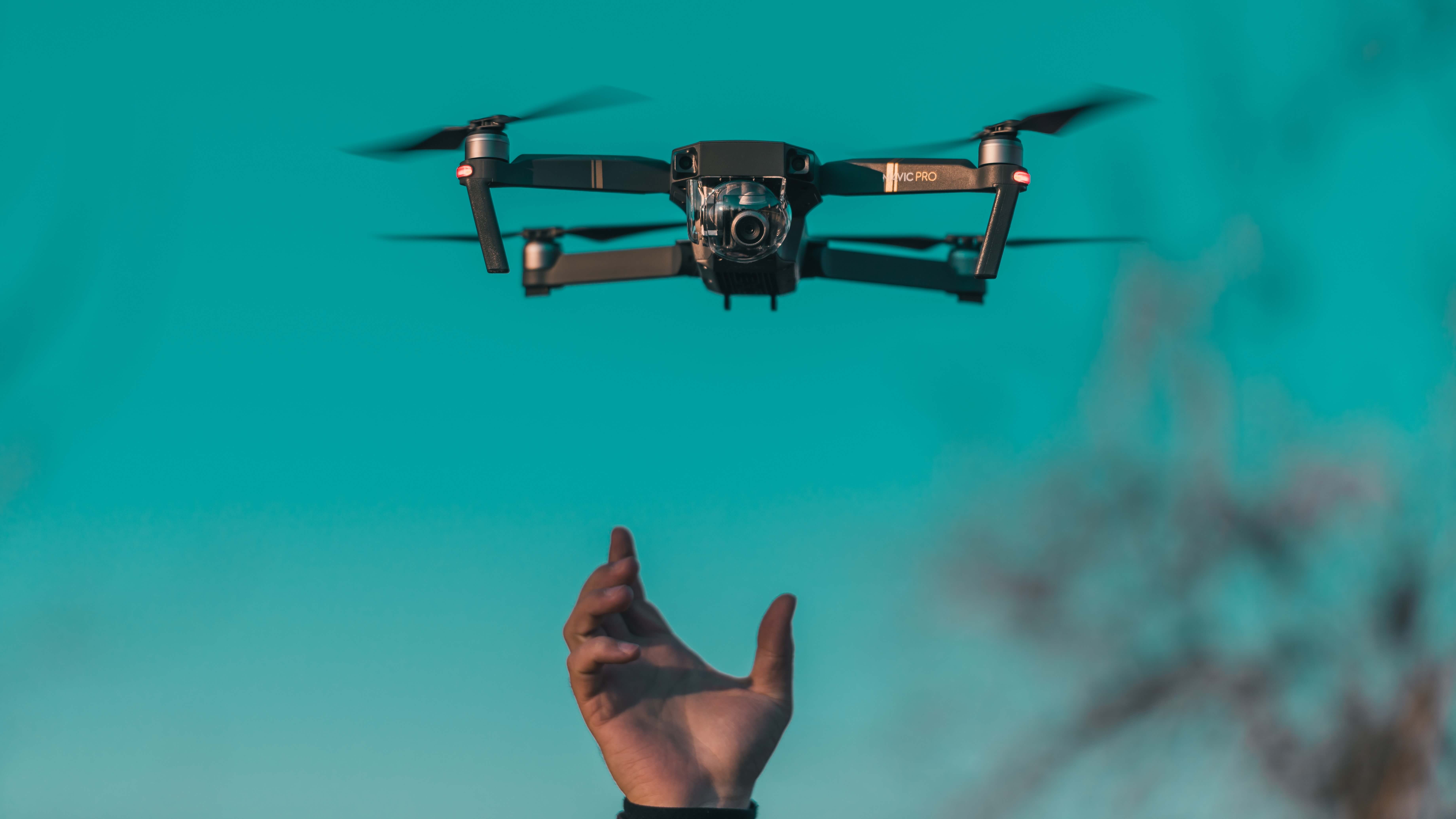
What Is The Best DJI Drone Low Price ?
The best low-priced DJI drone will depend on individual needs and preferences. However, the DJI Mavic Mini is one of the most affordable drones produced by DJI, and it offers a great balance of affordability and features. Here are some of the features and specs of the DJI Mavic Mini:
- Camera: The Mavic Mini comes with a 2.7K camera that can capture high-quality photos and videos.
- Flight time: The Mavic Mini has a maximum flight time of 30 minutes, which is longer than many drones in its price range.
- Range: The Mavic Mini has a range of up to 4 kilometers (2.5 miles), which is impressive for a drone of its size and price.
- Weight: The Mavic Mini weighs only 249 grams, making it exempt from certain FAA regulations and easy to transport.
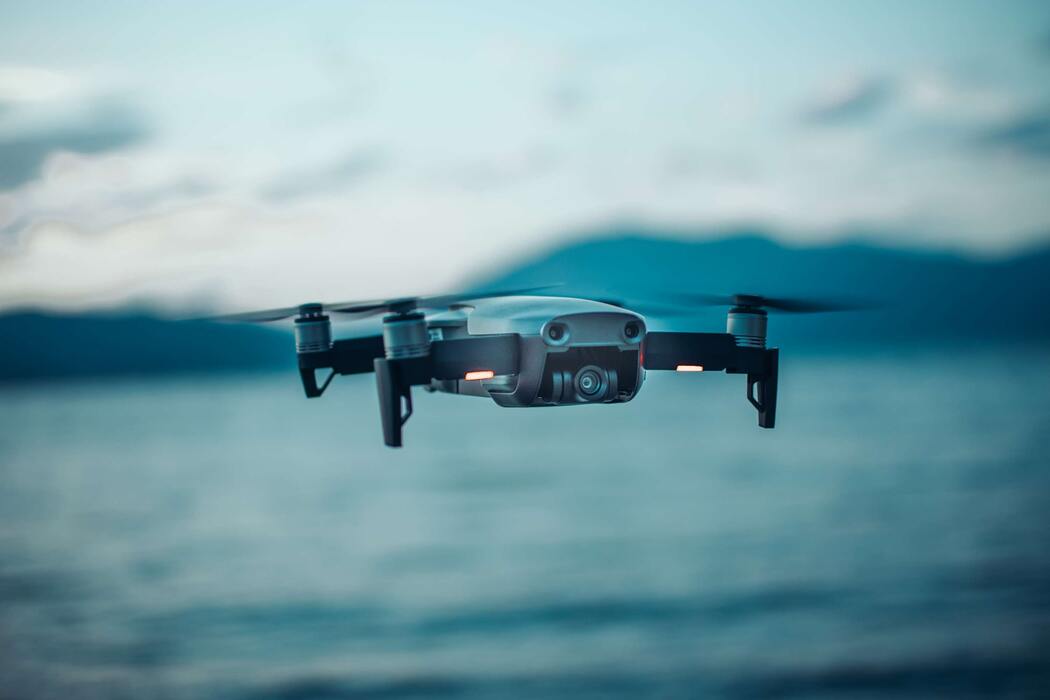
10 Reasons Why Businesses Use Drones ?
Here are 10 reasons why businesses use drones:
- Aerial photography and videography: Drones can capture high-quality aerial footage and images that can be used for marketing, advertising, and other business purposes.
- Inspection and monitoring: Drones can be used to inspect and monitor buildings, infrastructure, and other assets, saving time and resources compared to traditional inspection methods.
- Agriculture: Drones can be used to monitor crops, soil, and other agricultural data, providing valuable insights for farmers and other agricultural businesses.
- Construction: Drones can be used to survey construction sites, monitor progress, and identify potential safety hazards.
- Search and rescue: Drones can be used to assist in search and rescue operations, providing a bird's eye view of the search area and helping to locate missing persons.
- Security and surveillance: Drones can be used for security and surveillance purposes, providing an aerial view of facilities, events, and other areas.
- Mapping and surveying: Drones can be used to create detailed maps and surveys of areas, providing accurate and up-to-date geographic data.
- Environmental monitoring: Drones can be used to monitor the environment, including air and water quality, wildlife populations, and other ecological data.
- Delivery: Drones can be used for delivery purposes, providing a faster and more efficient way to deliver goods and services.
- Entertainment: Drones can be used for entertainment purposes, including aerial shows, drone racing, and other events.
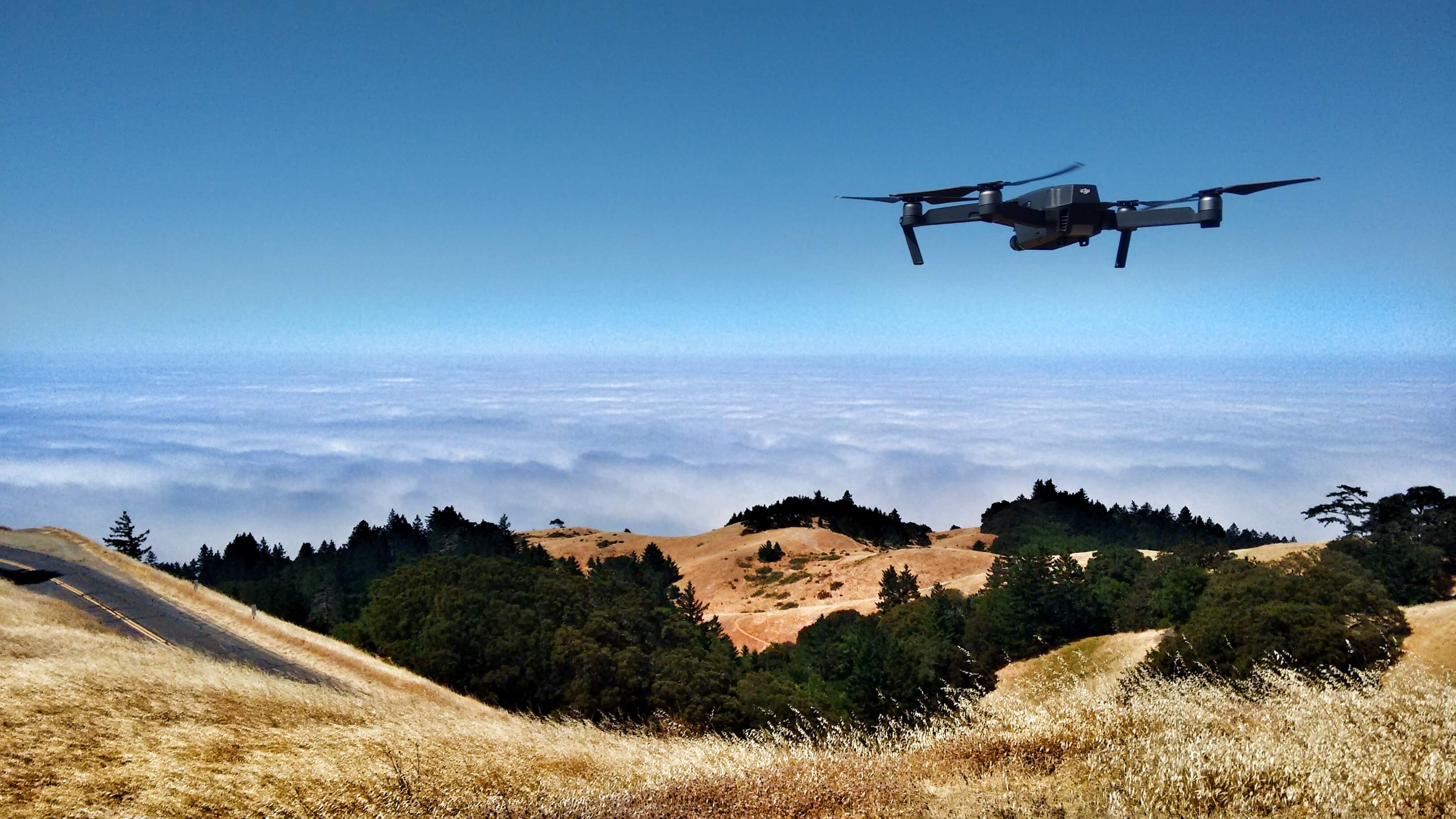
What Government Policies Supports The Use Of Drones ?
The government policies that support the use of drones will vary by country and region, but here are some examples of policies that are supportive of drone use:
- Regulation of drones: Many countries have developed regulations for drone use that enable businesses and individuals to use drones for commercial and personal purposes. These regulations typically outline requirements for registration, licensing, and safety measures.
- Permission for commercial use: Many countries have created a process for businesses to obtain permission to use drones for commercial purposes. This process typically involves obtaining a license or permit from the government or regulatory agency.
- Public-private partnerships: Some governments have created partnerships with private companies to support the use of drones for specific purposes, such as disaster relief, environmental monitoring, or public safety.
- Funding for research and development: Governments may provide funding for research and development of drone technologies and applications, supporting the growth and innovation of the drone industry.
- Tax incentives: Some governments provide tax incentives or other financial benefits for businesses that invest in drone technologies or use drones for specific purposes, such as delivery or environmental monitoring.

What Drones Has The Best Built Parts ?
Several drone manufacturers produce high-quality drones with well-built parts. However, DJI is widely regarded as one of the best drone manufacturers in terms of quality and durability. DJI drones are known for their sturdy and reliable construction, with high-quality components that are built to last. Some of the key features of DJI drones that contribute to their high-quality construction include:
- Advanced sensors and cameras: DJI drones are equipped with advanced sensors and cameras that are designed for reliable and high-quality performance.
- Stabilization technology: DJI drones use advanced stabilization technology, such as gimbals and advanced flight controllers, that provide smooth and stable flight.
- Quality materials: DJI uses high-quality materials, including durable plastics and lightweight alloys, in the construction of their drones.
- Rigorous testing: DJI tests their drones extensively before releasing them to the market, ensuring that they are built to the highest standards of quality and durability.
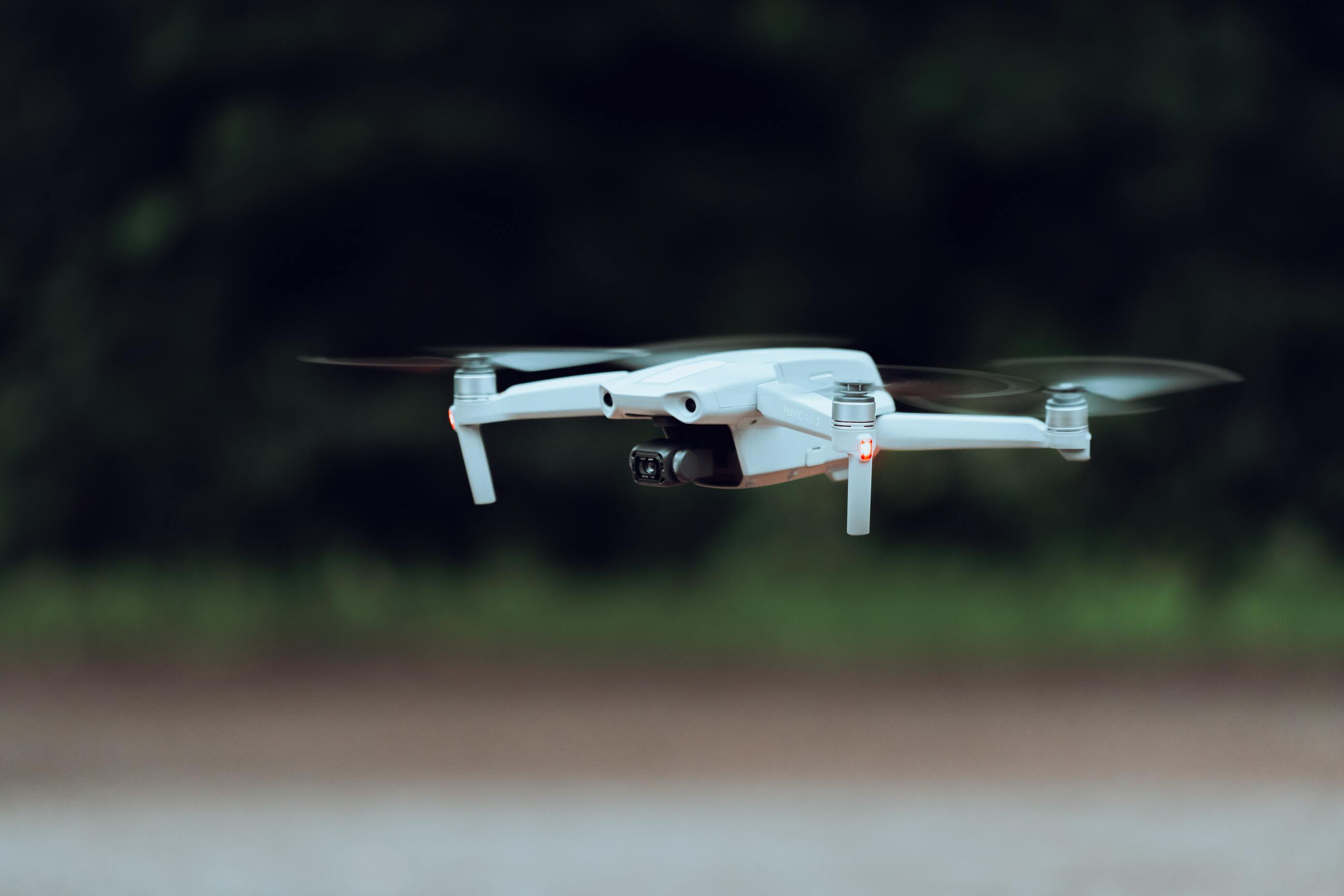
Why Are DJI Drones So Expensive ?
DJI drones are typically more expensive than some other drones on the market due to their advanced features, high-quality construction, and the extensive research and development that goes into their products. Here are some of the reasons why DJI drones are generally more expensive than other drones:
- Advanced features: DJI drones are known for their advanced features, such as obstacle avoidance, high-quality cameras, and long-range control. These features require advanced technology and high-quality components, which can drive up the price.
- High-quality construction: DJI drones are built to high standards of quality and durability, with high-quality materials and components that are designed to withstand the rigors of flight. This level of construction can be more expensive than cheaper drones made with lower-quality materials.
- Research and development: DJI invests heavily in research and development to develop new and innovative drone technologies. This investment can be reflected in the price of their products.
- Brand reputation: DJI is a well-known and respected brand in the drone industry, and consumers are willing to pay more for products with a strong brand reputation.
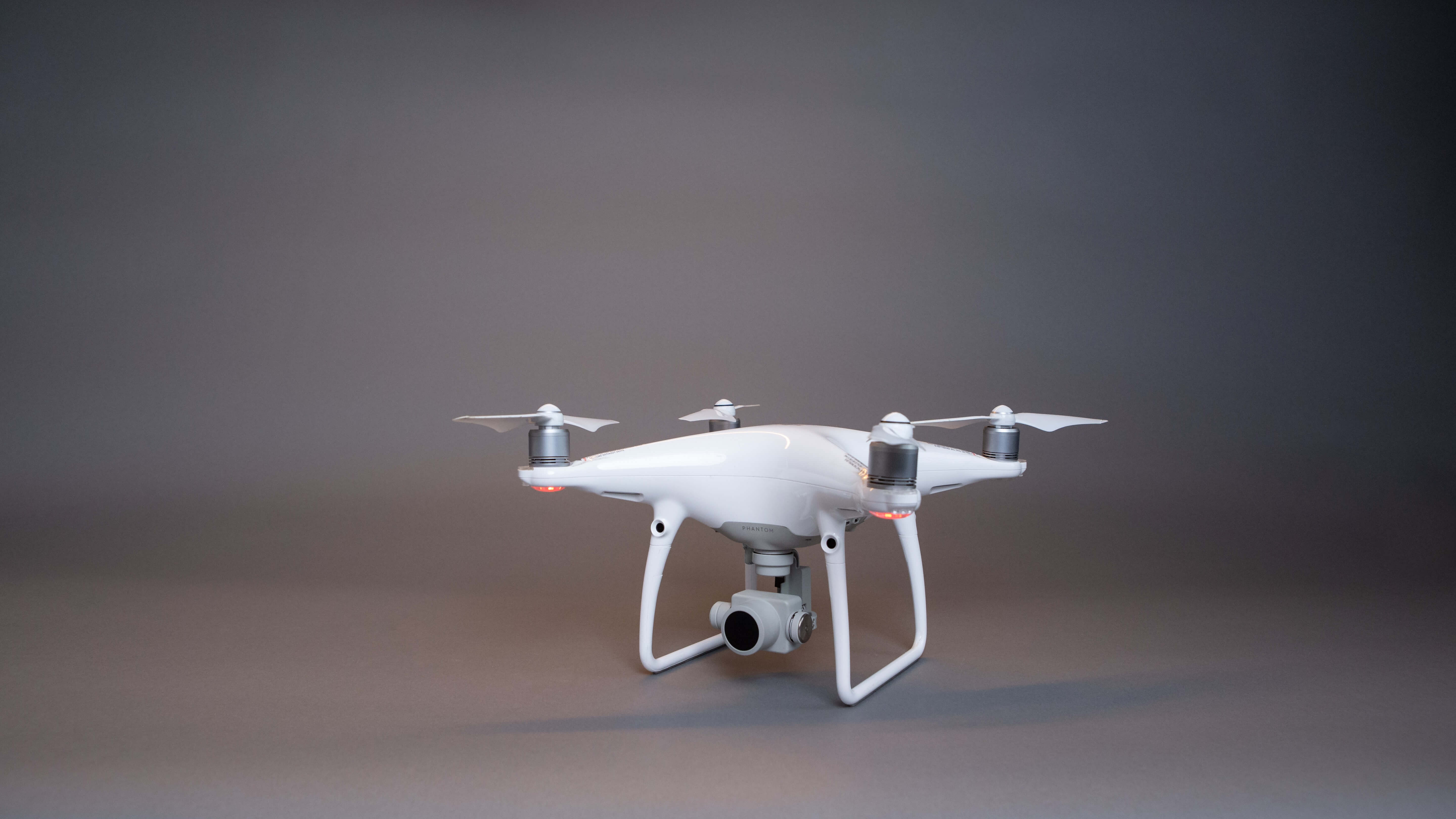
Can I Write Off A Drone For My Business ?
In most cases, you can write off a drone as a business expense on your taxes if you use the drone for business purposes. To be eligible for a tax write-off, you must use the drone primarily for business purposes, such as for aerial photography, surveying, or inspection. If you use the drone for both personal and business purposes, you may only be able to write off a portion of the cost that is attributed to the business use.
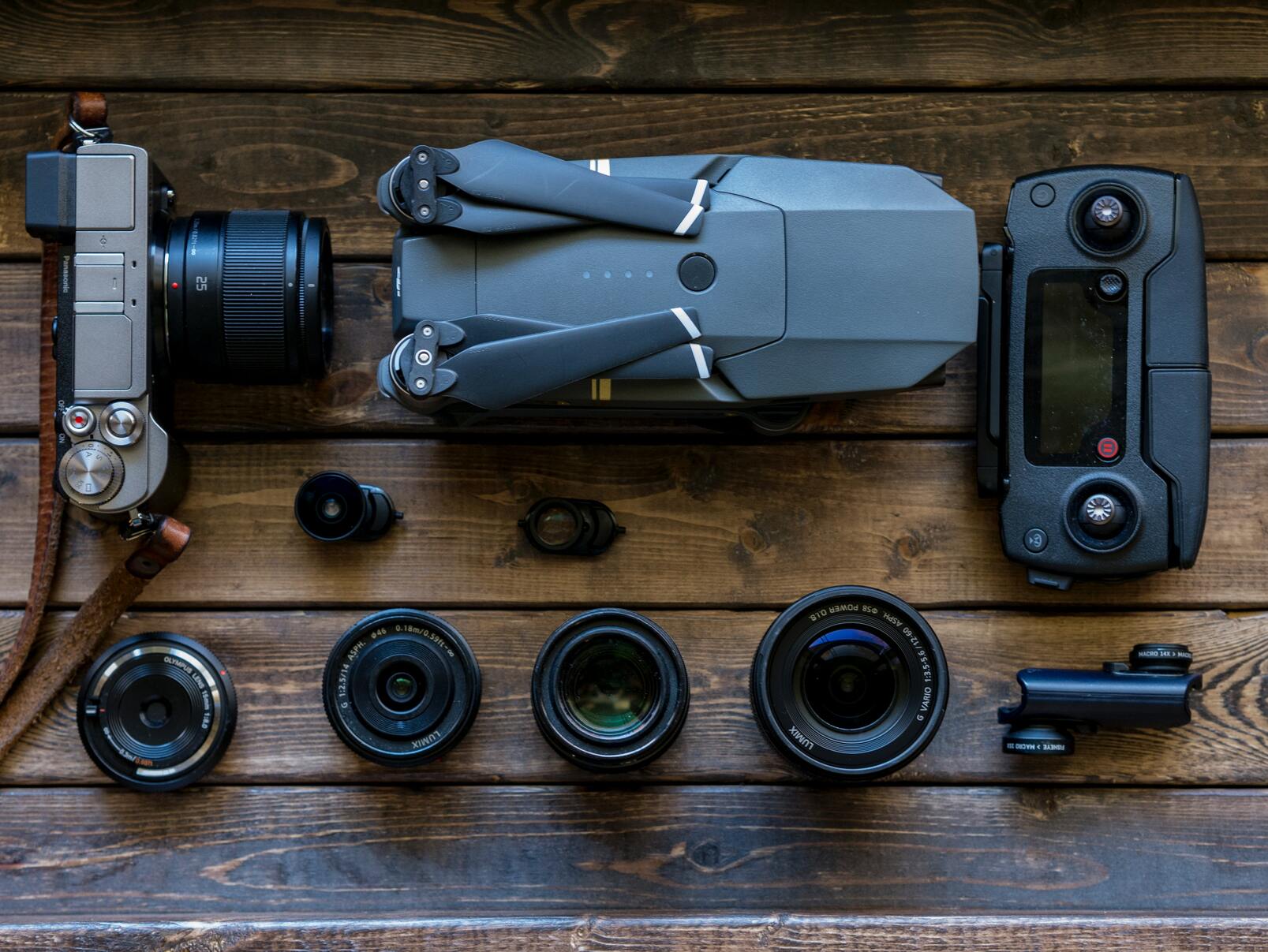
What Is The Best Drone That Doesn't Require Registration ?
In the United States, all drones that weigh over 0.55 pounds (250 grams) require registration with the Federal Aviation Administration (FAA), regardless of their features or capabilities. However, there are some drones that are exempt from certain FAA regulations and may not require a remote pilot certification or registration.
One such drone is the DJI Mavic Mini, which weighs only 249 grams and is exempt from certain FAA regulations. The Mavic Mini is a high-quality drone with advanced features like a 2.7K camera, a maximum flight time of 30 minutes, and a range of up to 4 kilometers (2.5 miles). It is a great option for those who want a quality drone without the hassle of FAA registration.
It's important to note that even if a drone is exempt from certain FAA regulations, it is still subject to other regulations and restrictions, such as flying below 400 feet and within visual line of sight. Additionally, laws and regulations regarding drone use may vary by country or region, so it's important to research local regulations and comply with all applicable laws when using a drone.
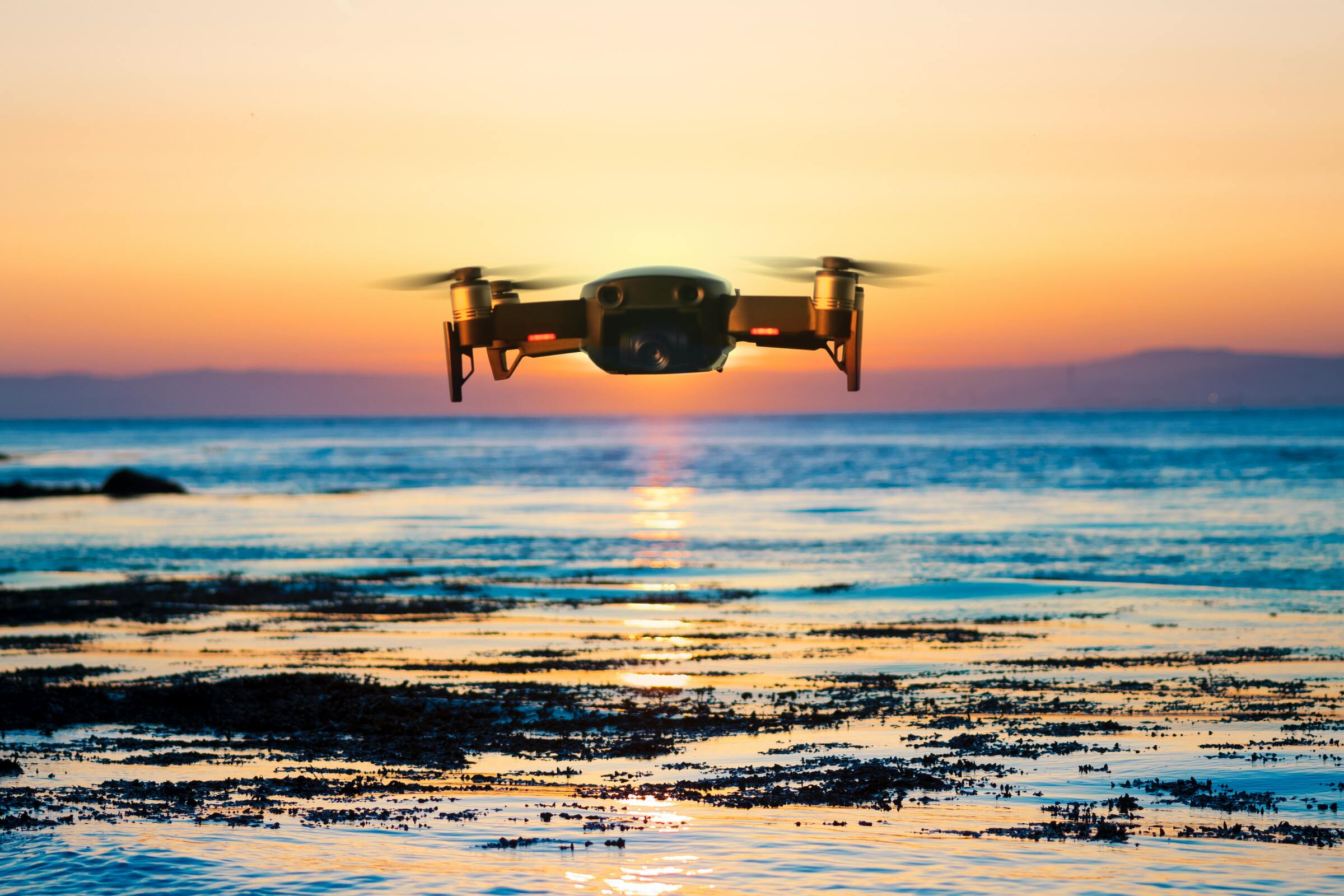
What To Look For When Buying A Drone ?
When buying a drone, there are several factors that you should consider to ensure that you get the best drone for your needs. Here are some key things to look for when buying a drone:
- Purpose: Determine why you need a drone and what you want to use it for. This will help you identify the features and capabilities that are most important to you.
- Flight time: Check the flight time of the drone, as well as how long it takes to recharge the batteries. Longer flight times are better, as they allow you to fly the drone for longer periods of time without having to stop and recharge.
- Range: Consider the range of the drone, or how far it can fly from the controller. This is especially important if you plan to use the drone for aerial photography or videography.
- Camera quality: If you plan to use the drone for photography or videography, check the quality of the camera and make sure it meets your needs.
- Stability and control: Look for a drone with good stabilization and control, as this will make it easier to fly and capture quality footage.
- Obstacle avoidance: Some drones come with obstacle avoidance technology, which can help prevent crashes and accidents.
- Price: Consider your budget and look for a drone that fits within your price range.
- Portability: If you plan to travel with your drone, consider the size and weight of the drone, as well as how easy it is to transport.
- Brand reputation: Look for drones from reputable brands with good customer support and a track record of producing high-quality products.
Overall, when buying a drone, it's important to consider your needs and preferences, as well as the features and capabilities of the drone, to ensure that you get a drone that meets your needs and expectations.
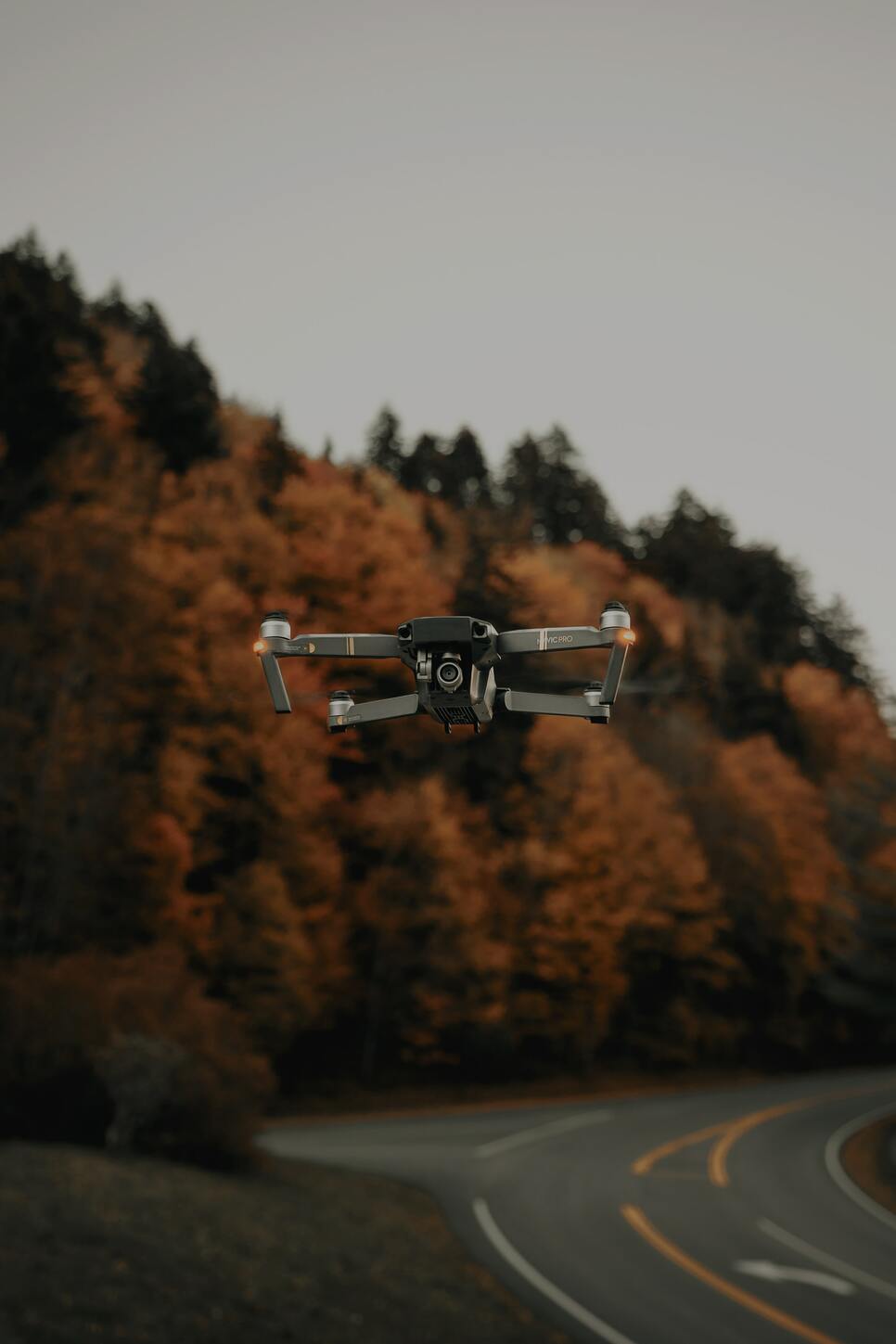
What Organizations In The United States Support Flying Drones ?
There are several organizations in the United States that support flying and advocate for the safe and responsible use of drones. Here are some examples of organizations that support drone use:
- Academy of Model Aeronautics (AMA): The AMA is a nonprofit organization that supports model aviation, including drones. They provide resources and education to promote safe and responsible drone use, as well as advocate for policies that support drone use.
- Association for Unmanned Vehicle Systems International (AUVSI): AUVSI is a nonprofit organization that advocates for the safe and responsible use of unmanned systems, including drones. They provide resources and education to promote drone use, as well as advocate for policies that support the drone industry.
- Drone Advisory Committee (DAC): The DAC is a federal advisory committee that provides recommendations to the FAA on issues related to the integration of drones into the national airspace. The DAC includes representatives from the drone industry, government, and other stakeholders.
- Small UAV Coalition: The Small UAV Coalition is a group of companies that support the development and adoption of drone technology. They advocate for policies that promote innovation and growth in the drone industry.
Overall, these organizations support the safe and responsible use of drones, as well as advocate for policies that support the growth and innovation of the drone industry.
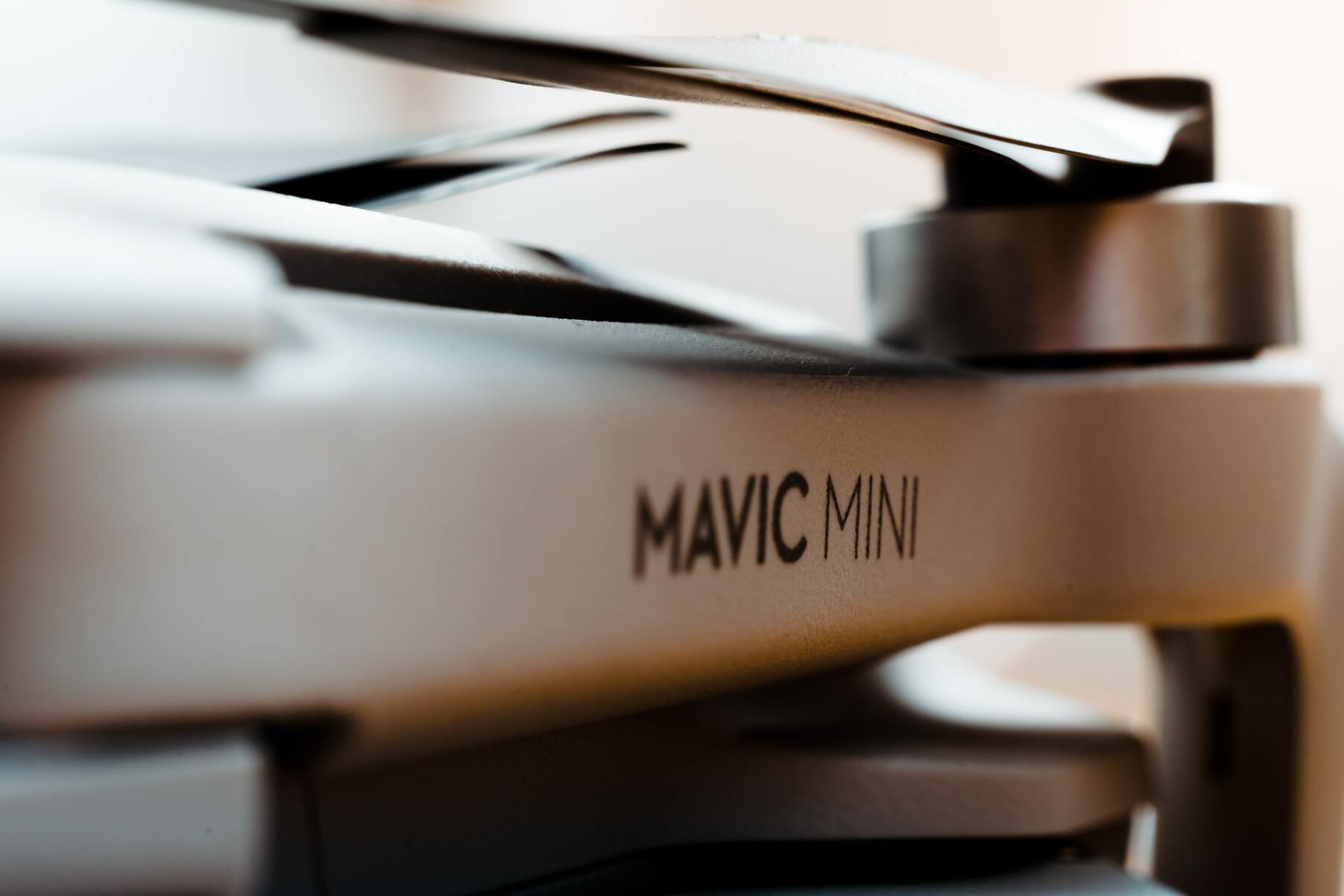
Are There Certifications Earned In Order To Qualify For Drone Flying Jobs ?
Yes, there are certifications and licenses that are required to qualify for certain drone flying jobs in the United States. The Federal Aviation Administration (FAA) requires that all commercial drone pilots hold a Remote Pilot Certificate, which can be obtained by passing a written test on aeronautical knowledge and safety.
In addition to the Remote Pilot Certificate, there are other certifications and qualifications that may be required for certain drone flying jobs. For example, if you plan to fly drones for aerial photography or videography, you may need a Part 107 Waiver, which allows you to fly drones at night or above people.
Other qualifications that may be required for flying jobs include a background in aviation, engineering, or computer science, as well as experience in operating and maintaining drones. Additionally, some employers may require a portfolio of work or demonstration of skills in order to qualify for certain drone flying jobs.
Overall, the specific certifications and qualifications required for drone flying jobs will depend on the job and the employer's requirements. It's important to research and understand the requirements for the specific job you are interested in, and to obtain the necessary certifications and qualifications to qualify for the job.
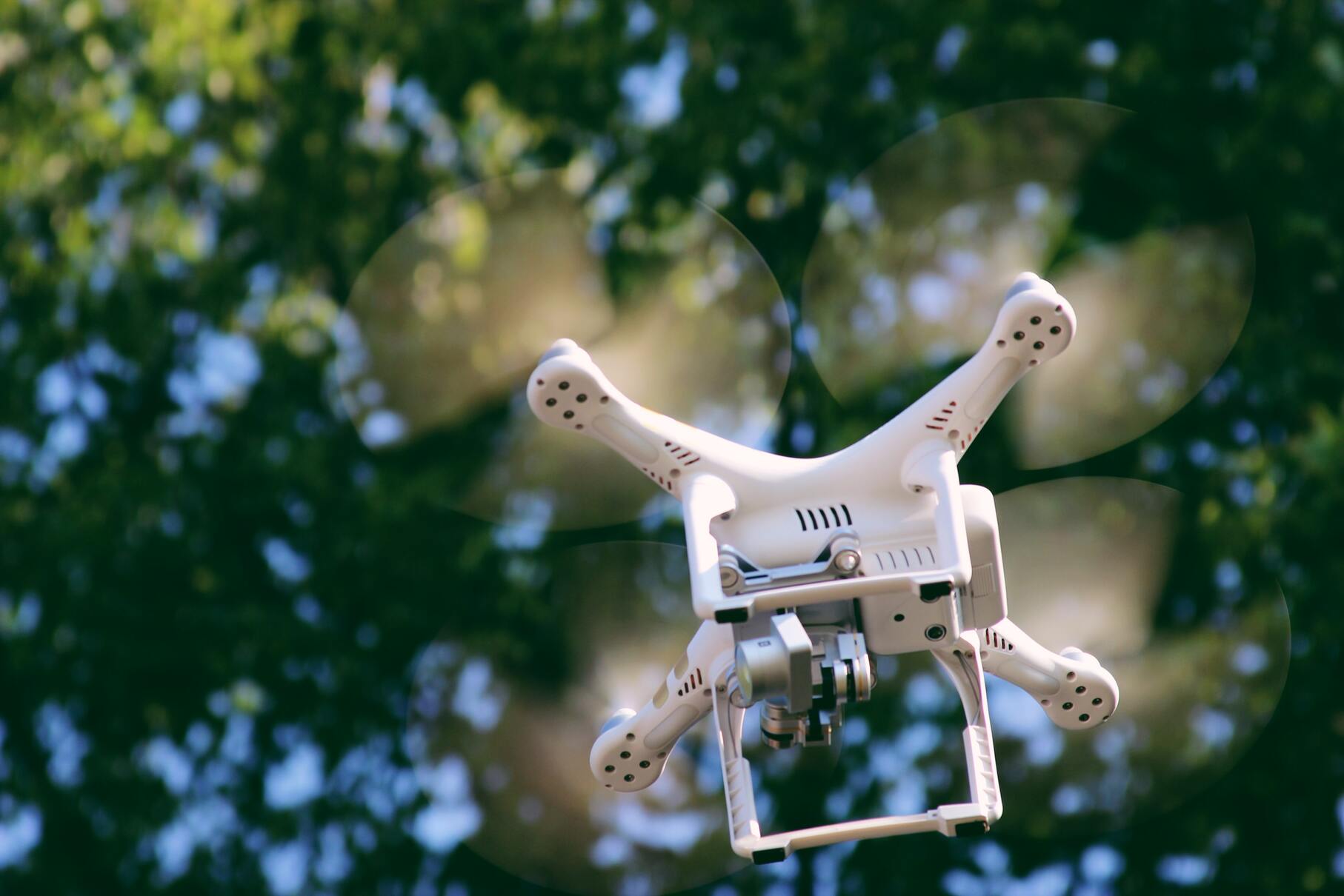
What Is The Best Drone Size ?
The best drone size depends on your needs and intended use for the drone. Drones come in a variety of sizes, from small, pocket-sized drones to larger professional drones used for aerial photography and videography.
Here are some factors to consider when choosing the best drone size for your needs:
- Portability: If you plan to travel with your drone, a smaller size may be more portable and easier to transport.
- Flight time: Generally, larger drones have longer flight times than smaller drones, which can be an important factor if you plan to use the drone for longer flights.
- Payload capacity: If you plan to use the drone for carrying a payload, such as a camera, larger drones may be better suited for the task.
- Wind resistance: Larger drones are typically more resistant to wind, which can be important if you plan to fly the drone in windy conditions.
- Cost: Generally, larger drones are more expensive than smaller drones, so your budget may be a factor in choosing the size of your drone.
Overall, there is no "best" drone size - the size you choose should depend on your specific needs and intended use for the drone. Consider factors like portability, flight time, payload capacity, wind resistance, and cost when choosing the size of your drone.
Should I Buy A Drone Or DIY ?
Whether to buy a drone or DIY (do it yourself) a drone depends on your level of expertise, the type of drone you want, and the level of customization you require.
If you are experienced in electronics and have a good understanding of how drones work, DIYing a drone may be a good option. Building a drone from scratch can give you more control over the drone's features and can be a fun and rewarding project. Additionally, building a drone from scratch may be more cost-effective than buying a pre-built drone, especially if you already have some of the required components.
However, if you are new to drones or don't have experience in electronics, buying a pre-built drone is likely the better option. Pre-built drones are designed to be user-friendly and come with all of the necessary components and software pre-installed. This can save you time and frustration, as well as ensure that the drone is safe and reliable to use.
Overall, the decision to buy a drone or DIY a drone depends on your level of expertise, the type of drone you want, and the level of customization you require. If you have experience in electronics and want to customize your drone, DIYing a drone may be a good option. However, if you are new to drones or want a reliable and easy-to-use drone, buying a pre-built drone is likely the better option.
Is There A Drone That Can Follow You ?
Yes, there are several drones on the market that are capable of following you. These drones are typically equipped with GPS and tracking technology, which allows them to follow a person or object automatically.
Here are some examples of drones that can follow you:
- DJI Mavic Air 2: The Mavic Air 2 features ActiveTrack 3.0, which allows the drone to automatically follow a subject while avoiding obstacles.
- Skydio 2: The Skydio 2 features advanced obstacle avoidance and tracking technology, which allows it to follow a subject while avoiding obstacles, even in challenging environments.
- DJI Phantom 4 Pro: The Phantom 4 Pro features ActiveTrack technology, which allows the drone to automatically follow a subject while avoiding obstacles.
- Autel Robotics Evo II: The Evo II features dynamic tracking technology, which allows the drone to automatically follow a subject and maintain a safe distance.
Overall, if you are looking for a drone that can follow you, there are several options available on the market. It's important to choose a drone with reliable tracking technology and obstacle avoidance features to ensure that the drone can follow you safely and effectively.
Is There An App To Detect Drones At Night ?
There are several apps available that claim to detect drones at night, but their effectiveness may be limited. Most drones do not emit any sort of signal or radar that can be easily detected by an app, which makes it difficult to detect drones using an app alone.
However, there are other technologies available that can be used to detect drones at night. For example, thermal imaging cameras can detect the heat signature of a drone, even in the dark. These cameras can be mounted on drones or used on the ground to detect drones in the surrounding area.
Another method for detecting drones at night is through acoustic sensors that can pick up the sound of a drone's propellers. These sensors can be used to detect drones in the surrounding area and can be combined with other detection methods for improved accuracy.
Overall, while there are apps available that claim to detect drones at night, their effectiveness may be limited. It may be more effective to use other technologies, such as thermal imaging cameras or acoustic sensors, to detect drones at night.
Can Drones See Through Walls ?
No, drones cannot see through walls. Typically rely on cameras or sensors to capture images and data, and these cameras and sensors are not capable of seeing through solid objects like walls.
However, there are some technologies that can be used to detect objects behind walls, such as ground-penetrating radar or thermal imaging cameras. These technologies are typically used for specific applications, such as detecting underground utilities or identifying heat signatures behind walls.
Overall, while drones cannot see through walls, there are other technologies available that can be used to detect objects or activity behind walls.
Do Drones Fly In The Rain ?
It is not recommended to fly drones in the rain, as drones are not waterproof and can be damaged by exposure to water. Moisture can damage the motors, electronics, and other components of the drone, which can result in the drone malfunctioning or crashing.
In addition to the risk of damage to the drone, flying a drone in the rain can also pose a safety risk. Rain can obscure the drone pilot's vision, making it difficult to control the drone and increasing the risk of accidents.
If you need to fly a drone in wet conditions, there are some drones that are designed to be water-resistant or waterproof. However, it's still important to exercise caution and avoid flying in heavy rain or other extreme weather conditions. Always check the weather forecast and use your best judgement when deciding whether it's safe to fly your drone.
Is Flying A Drone An Invasion Of Privacy ?
Flying a drone can potentially be an invasion of privacy, depending on how the drone is being used and where it is being flown.
Privacy laws vary by country and jurisdiction, but in general, individuals have a reasonable expectation of privacy in their homes and on their private property. Flying a drone over someone's private property without their consent can be considered an invasion of privacy, especially if the drone is equipped with a camera or other recording device.
In addition to privacy concerns, flying a drone can also pose safety risks, especially if the drone is being flown near people, animals, or in restricted airspace.
To avoid privacy concerns and potential legal issues, it's important to follow local laws and regulations when flying a drone, including obtaining any necessary permits or permissions, respecting others' privacy and property rights, and flying the drone in a safe and responsible manner. It's also important to exercise common sense and avoid flying drones in areas where privacy concerns or safety risks are present.
For more information you can go to delivery